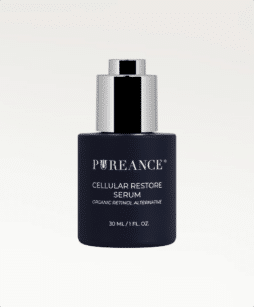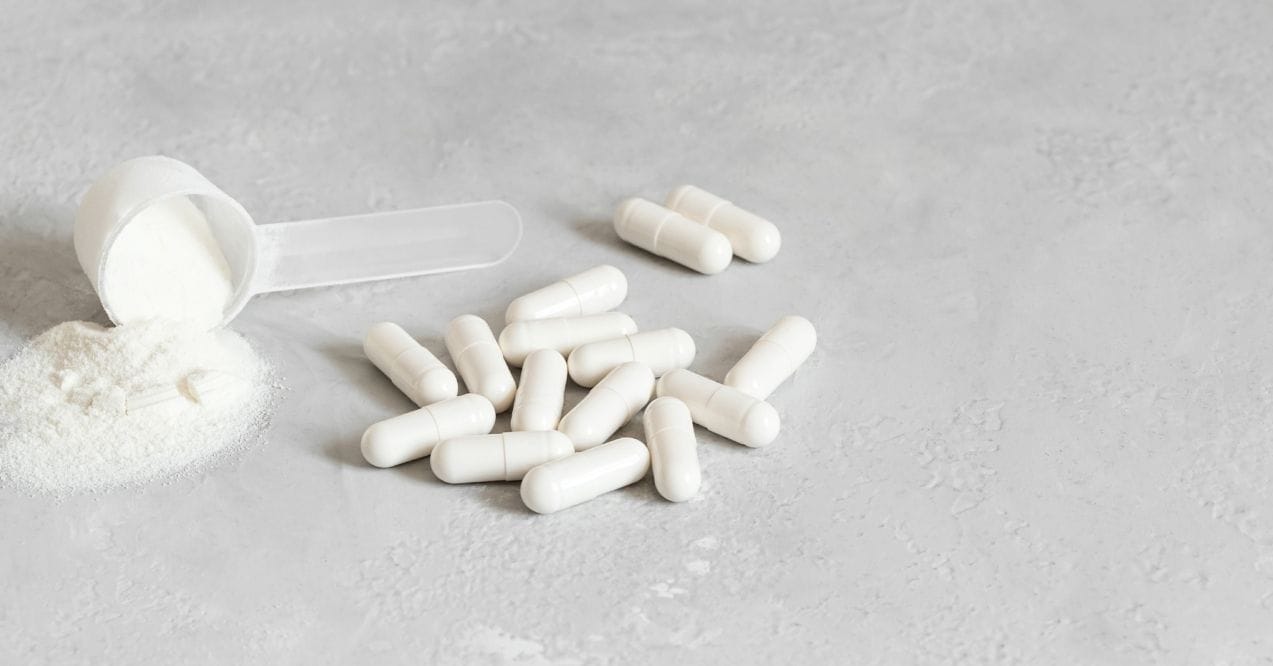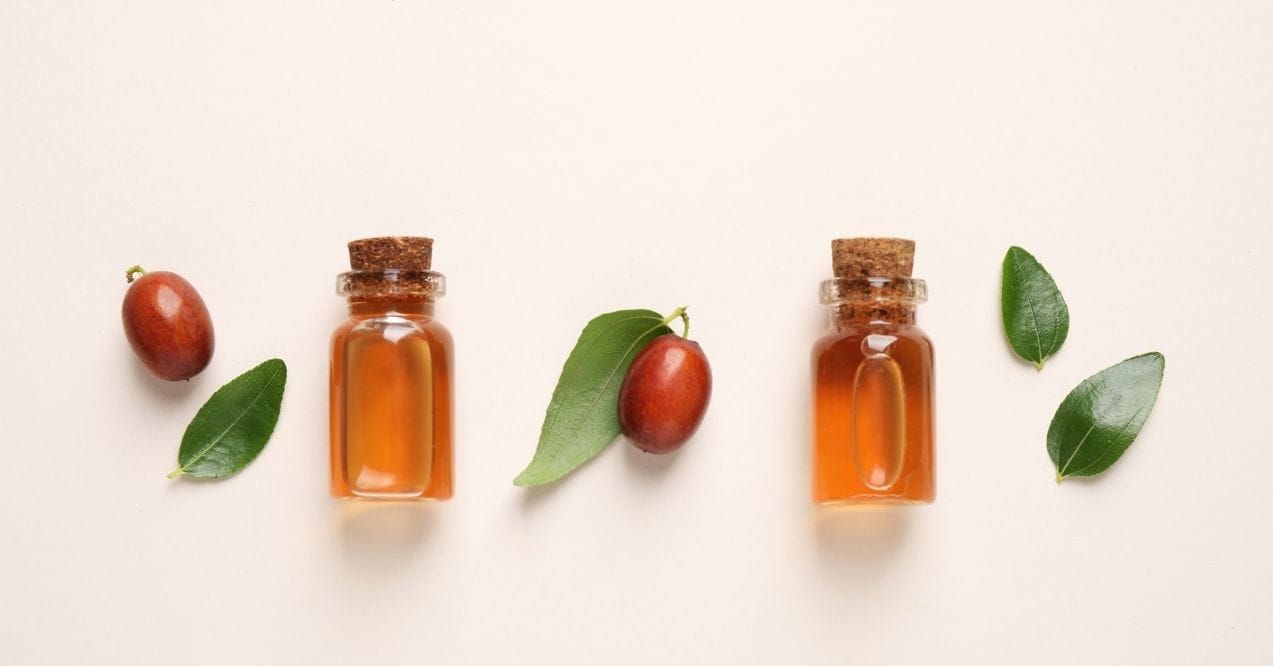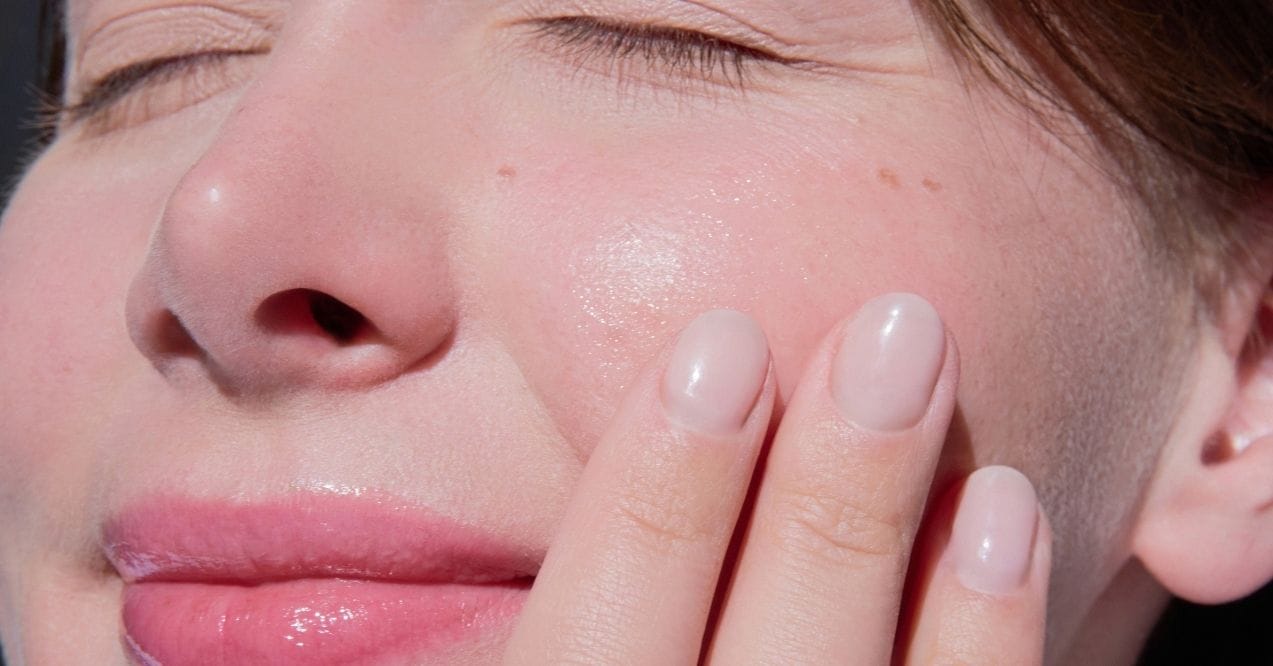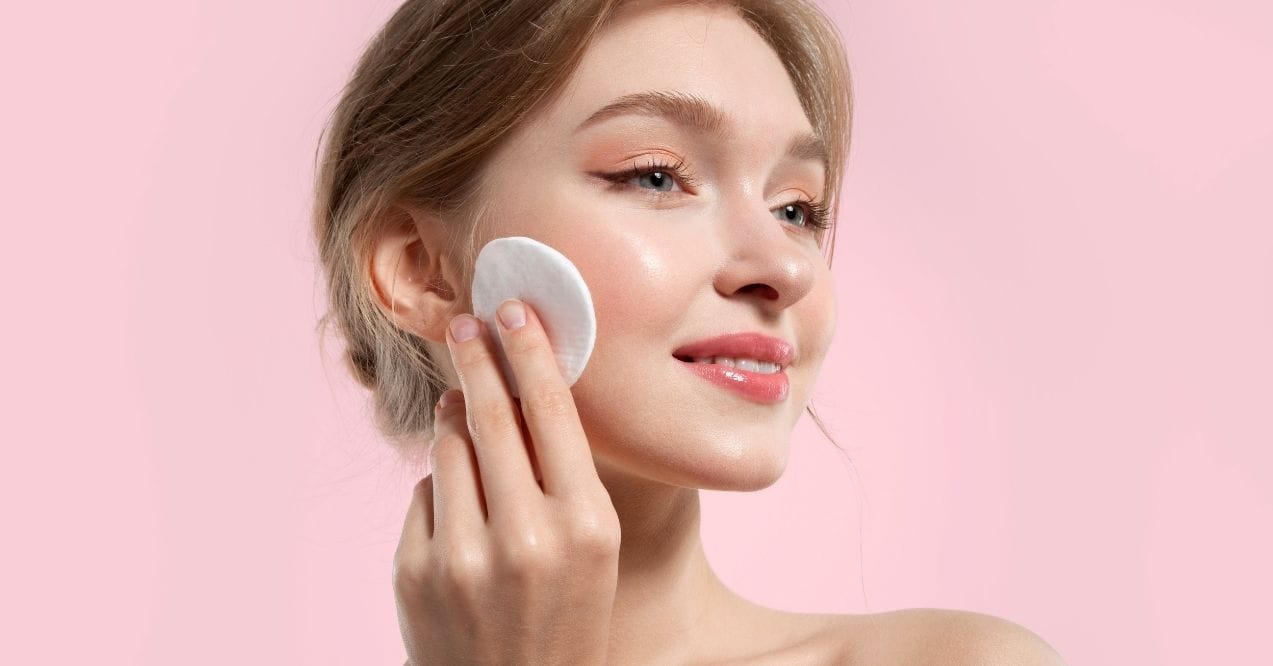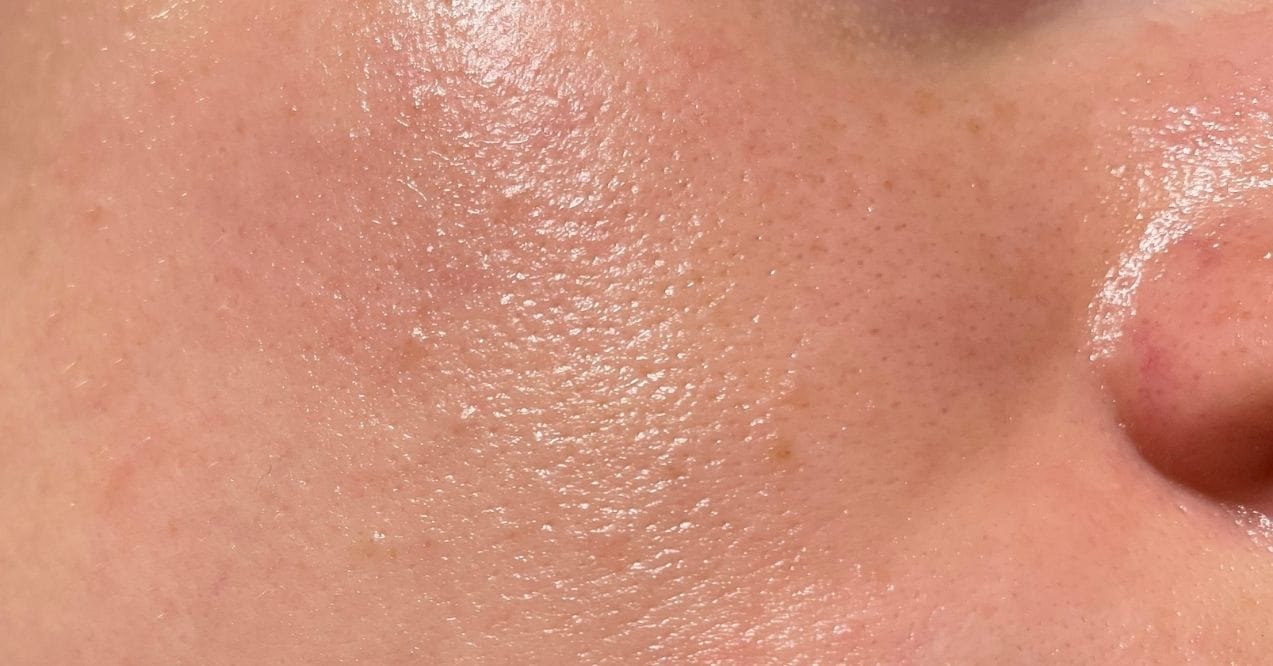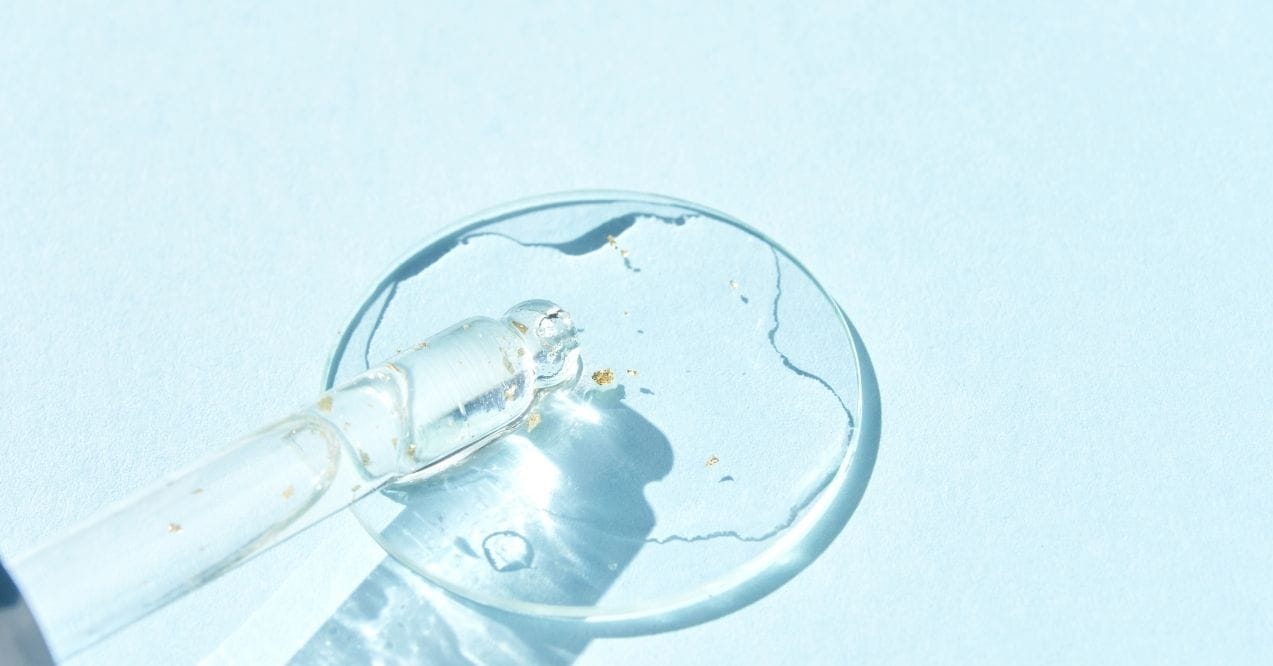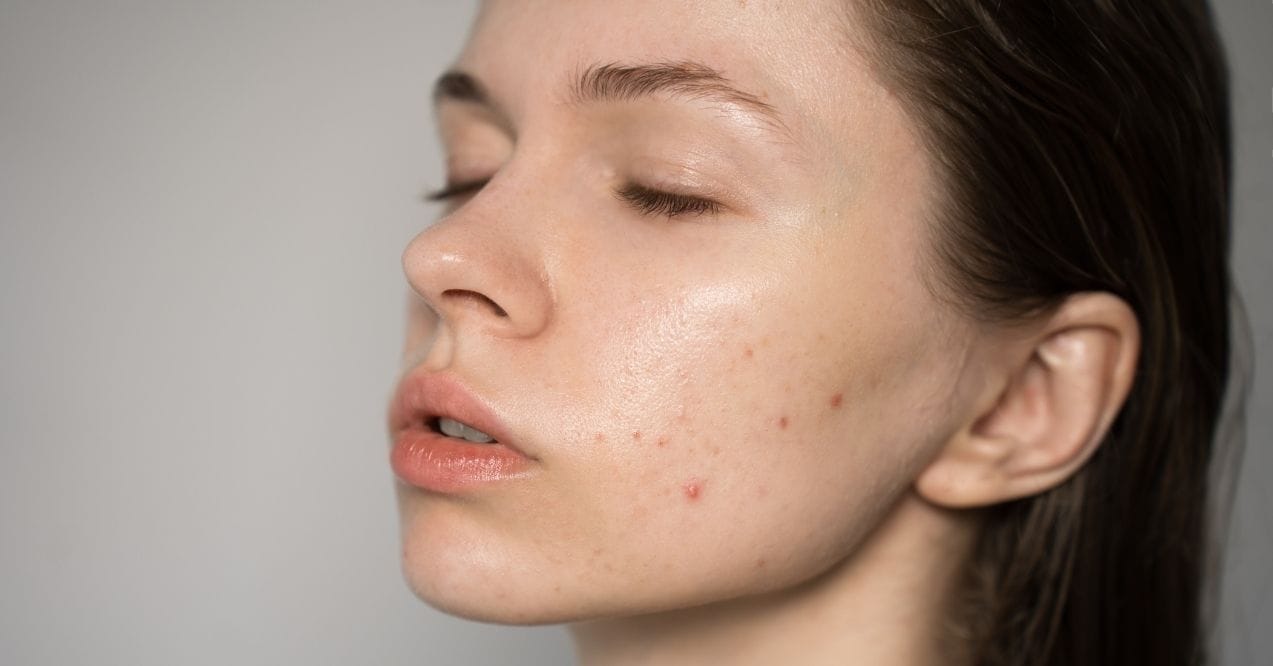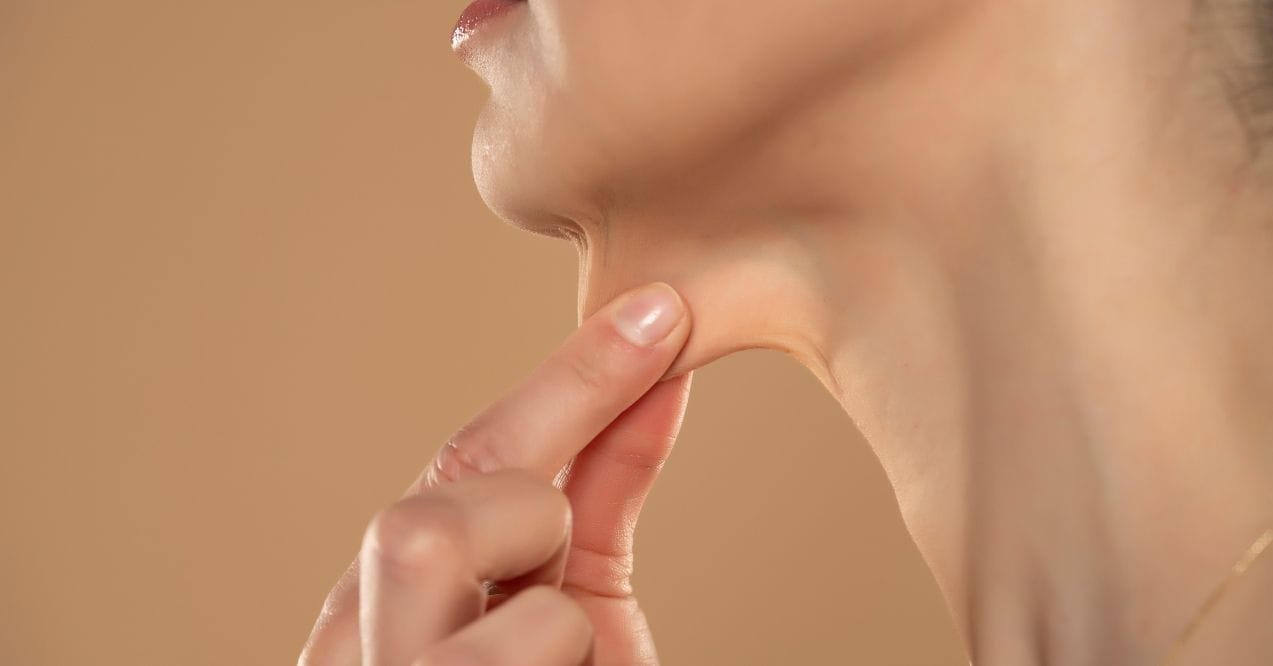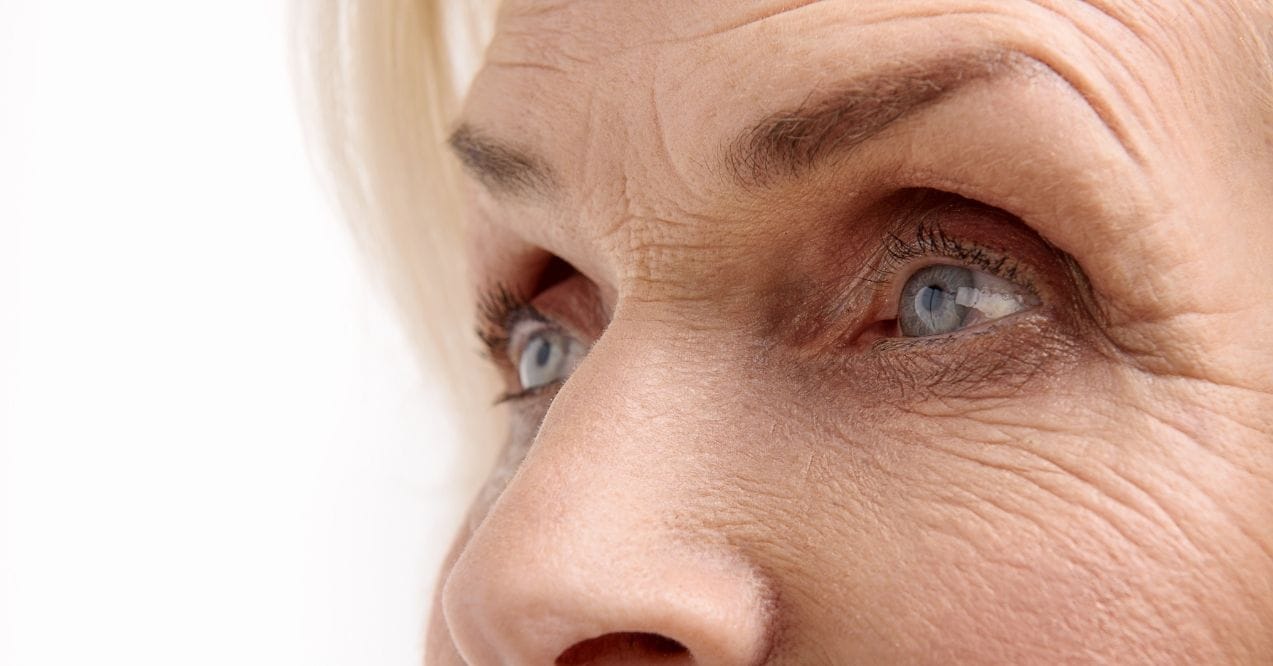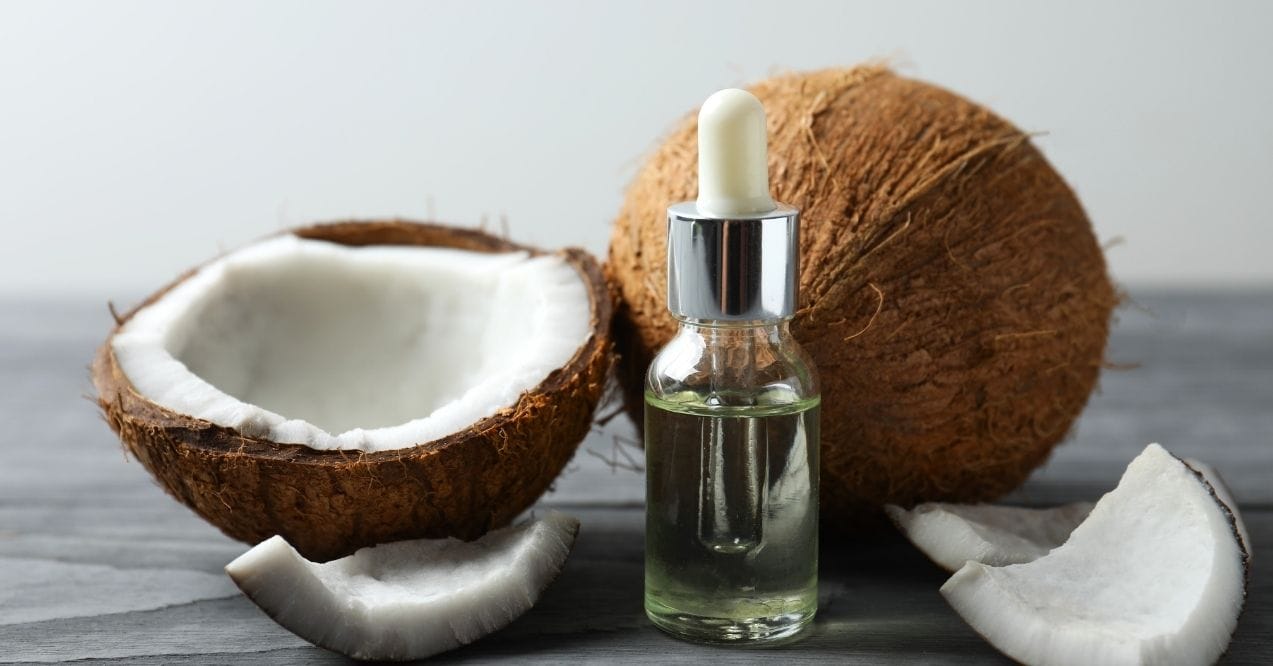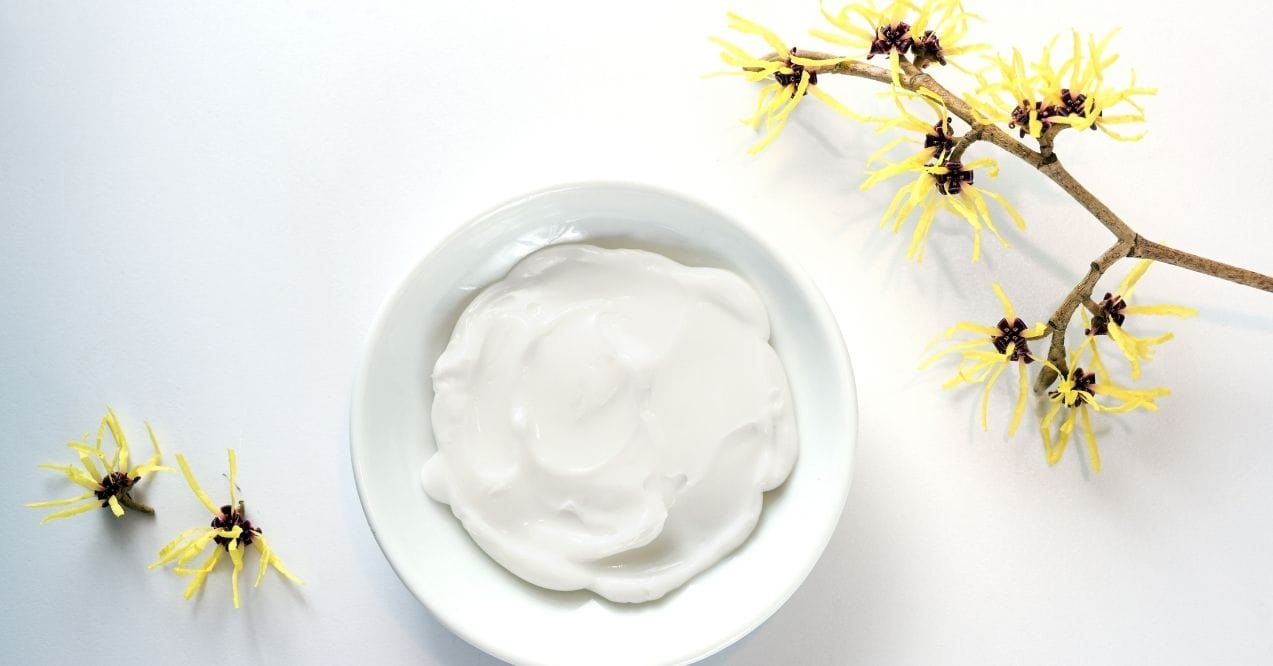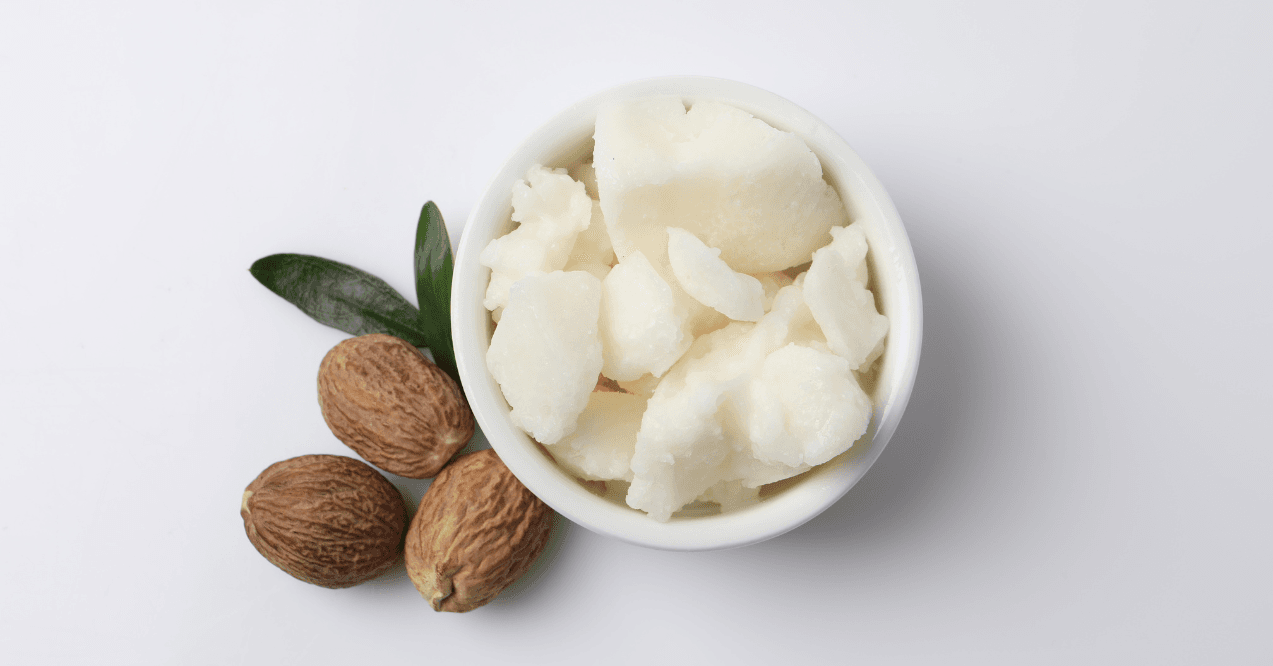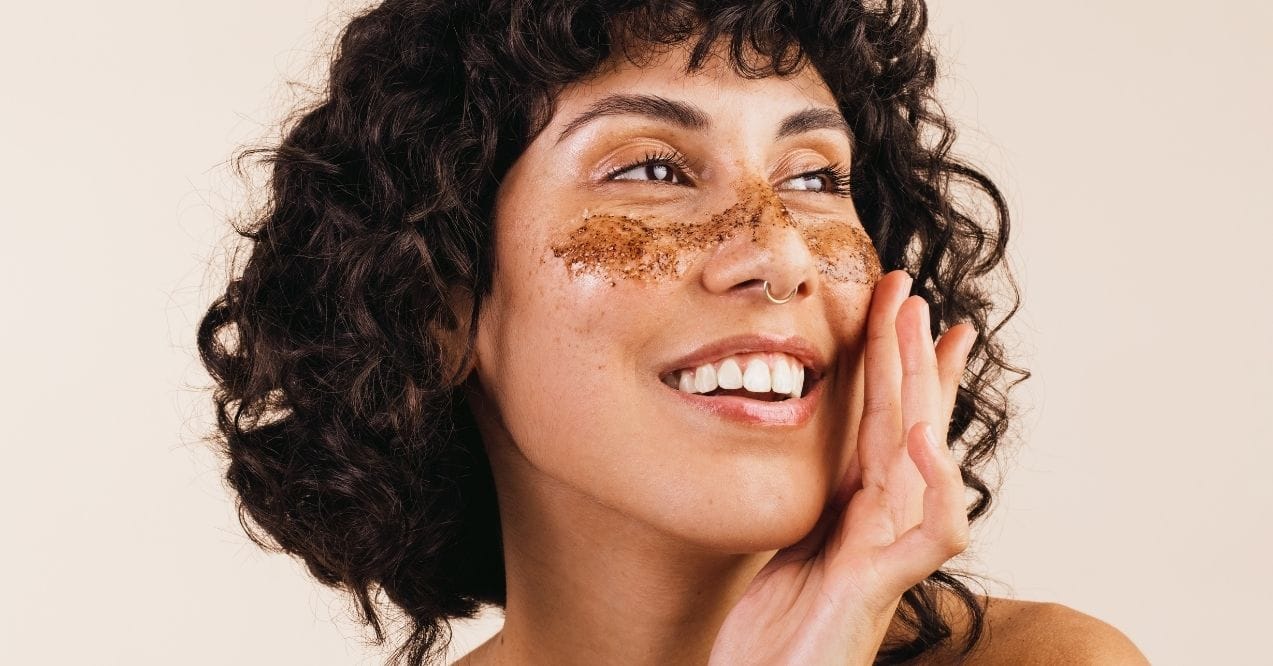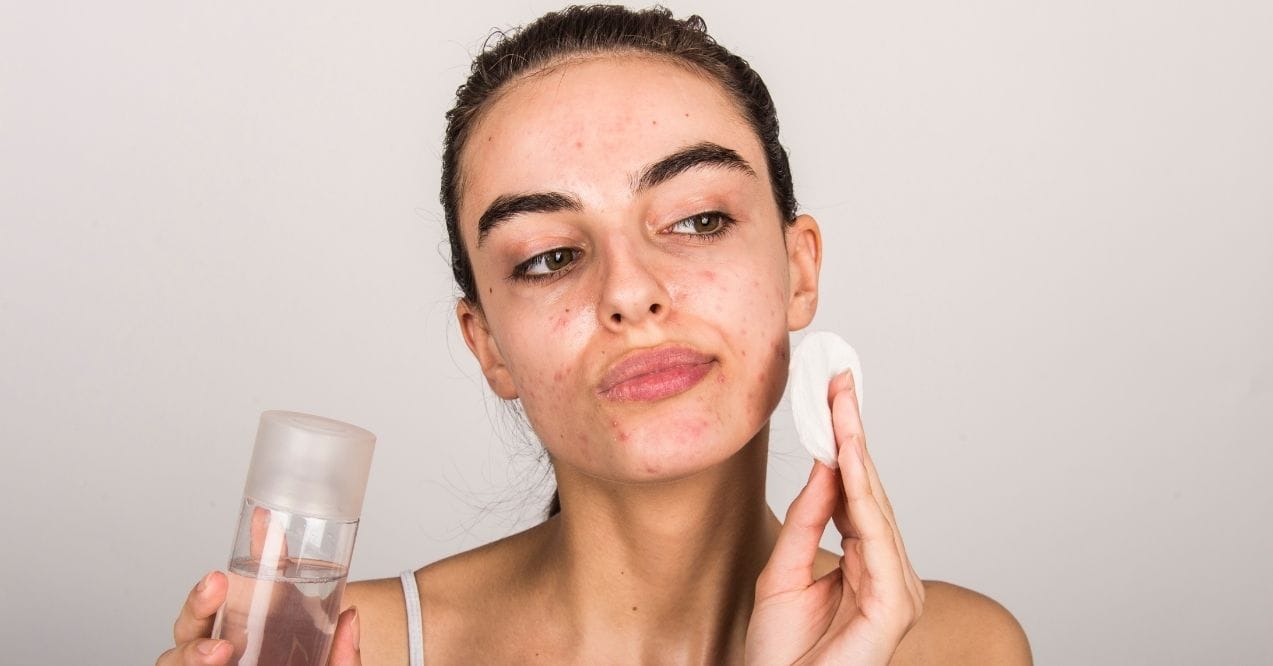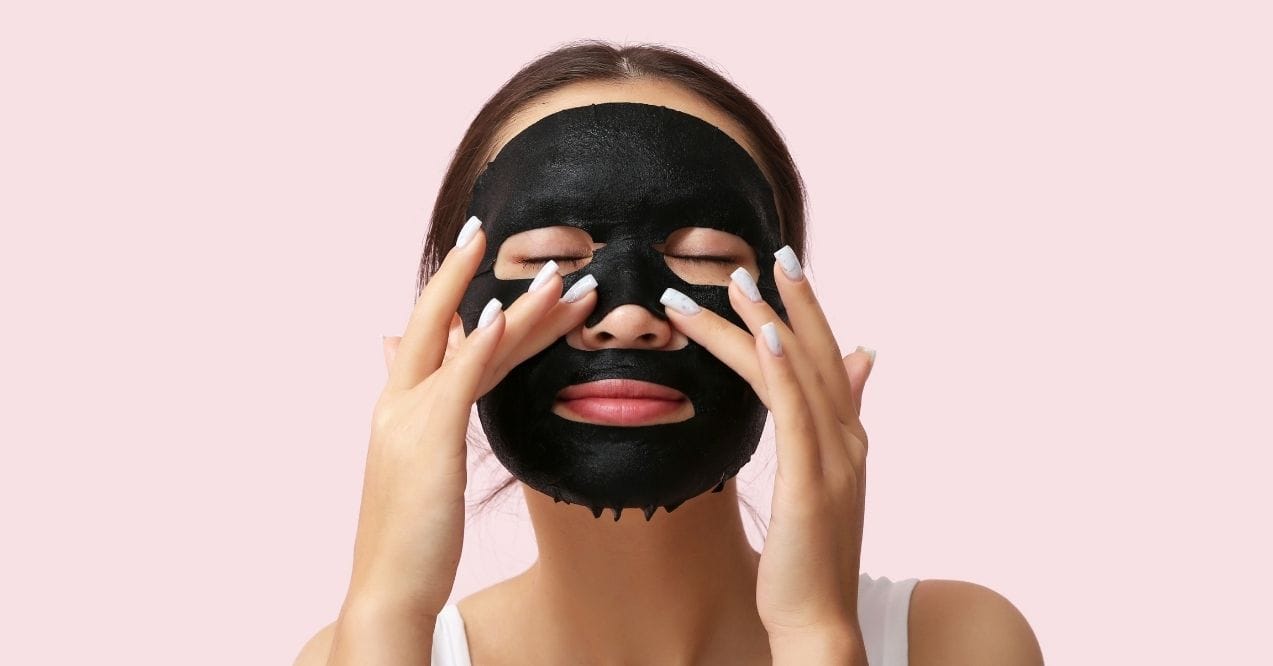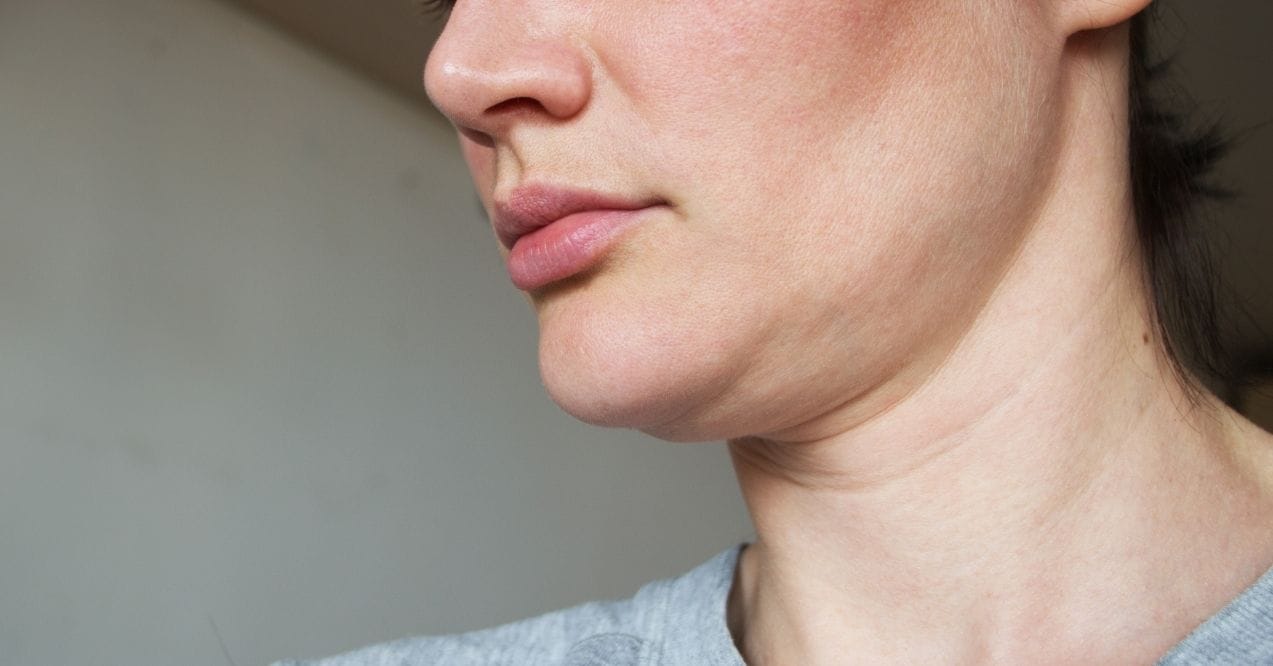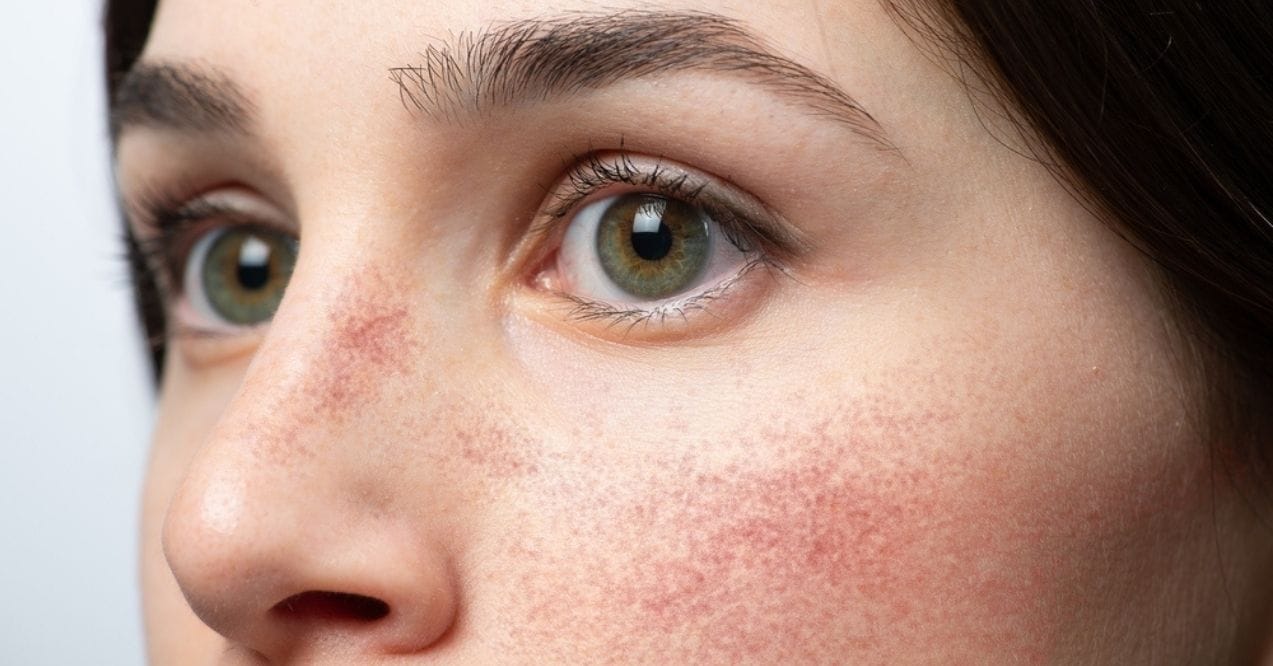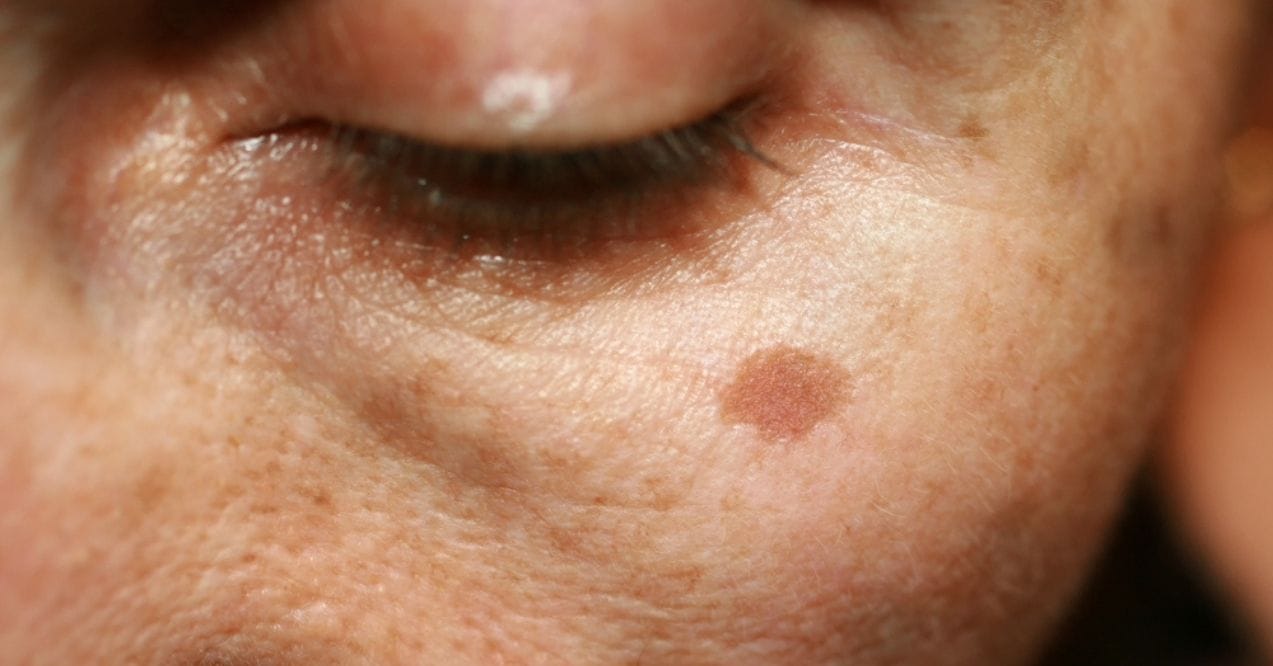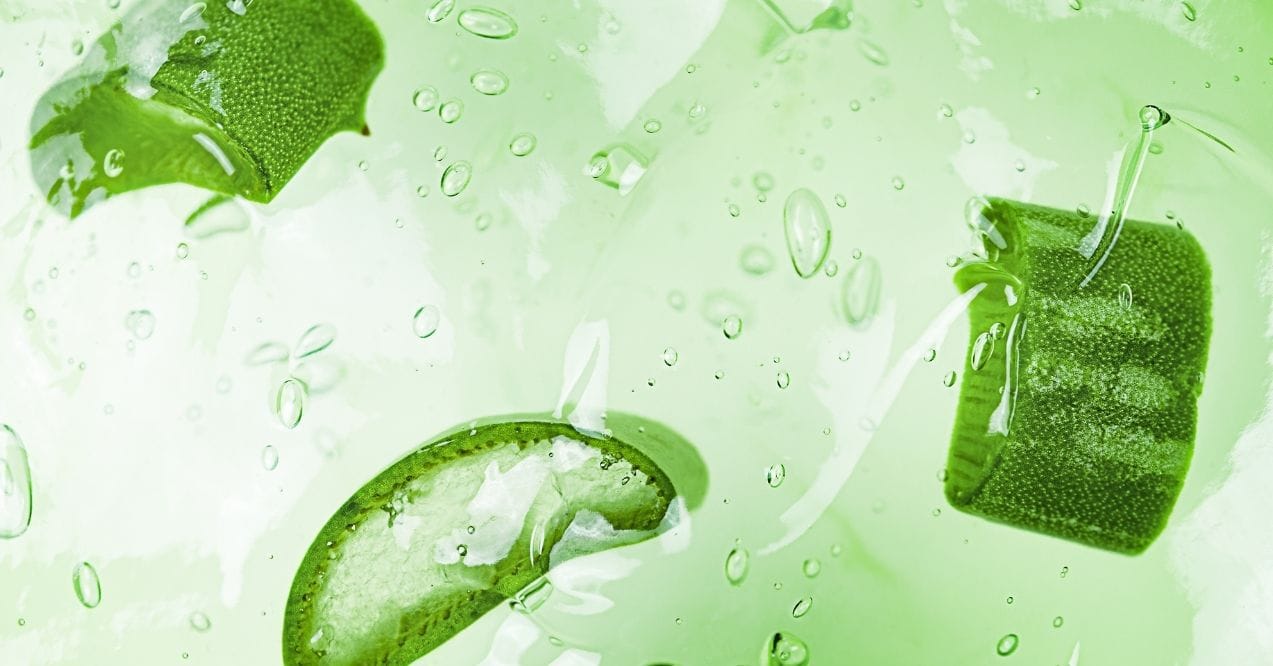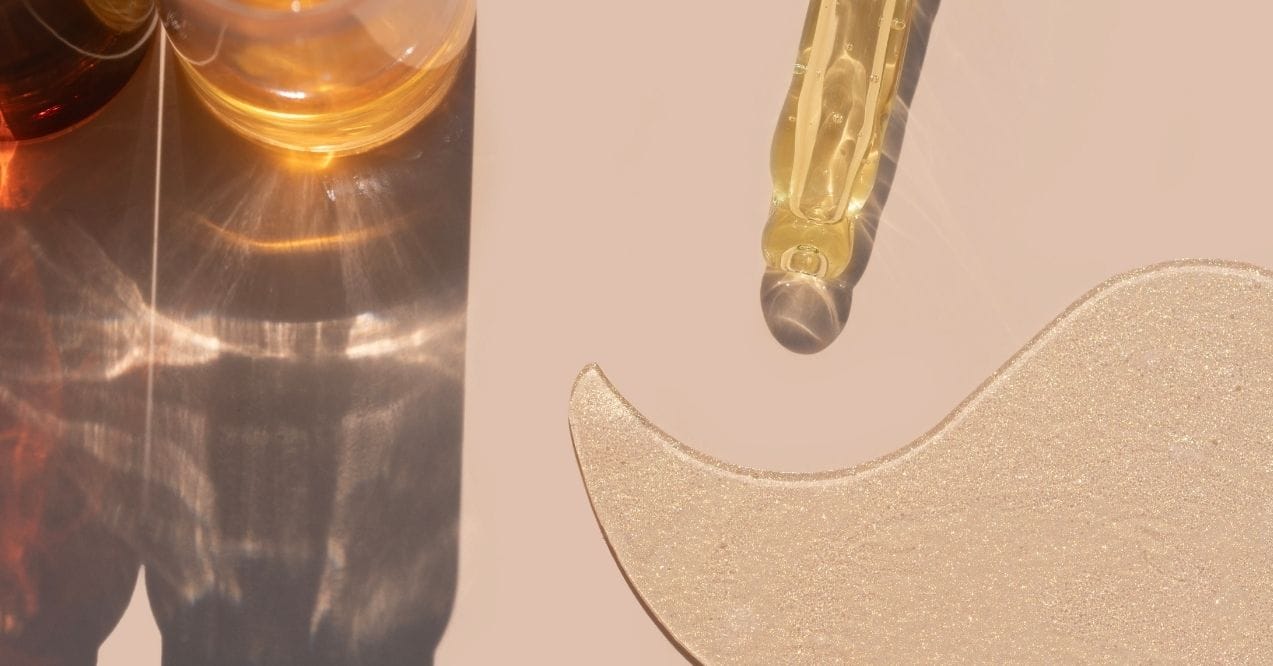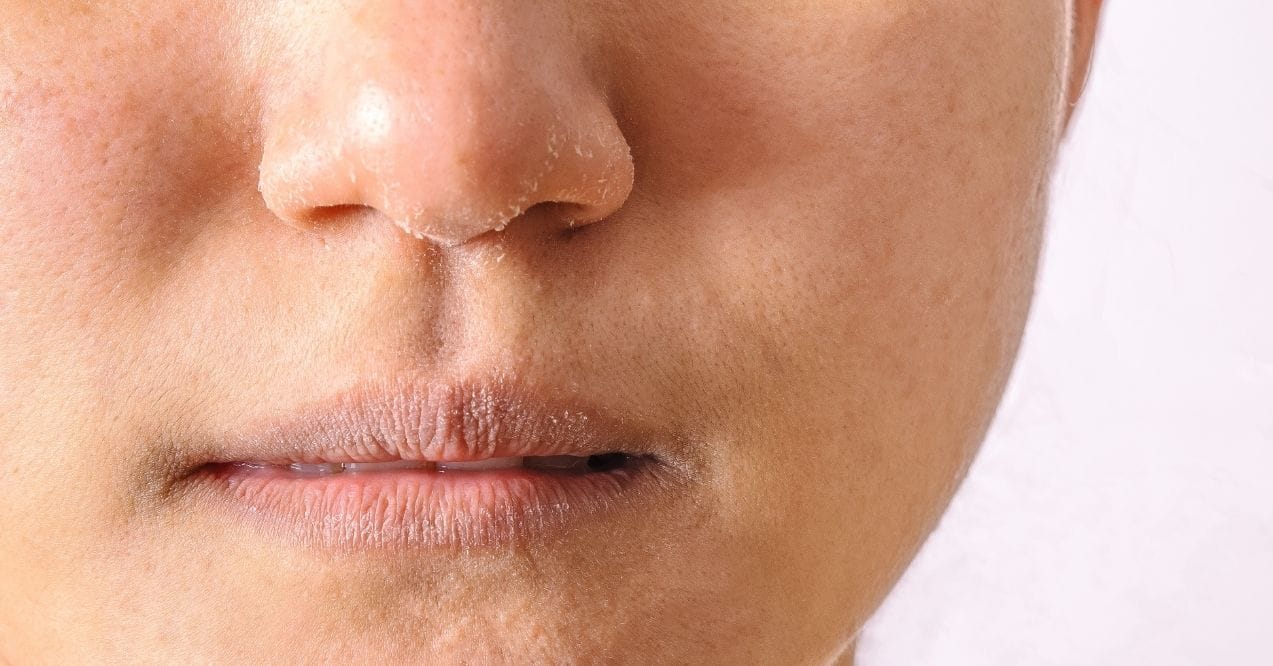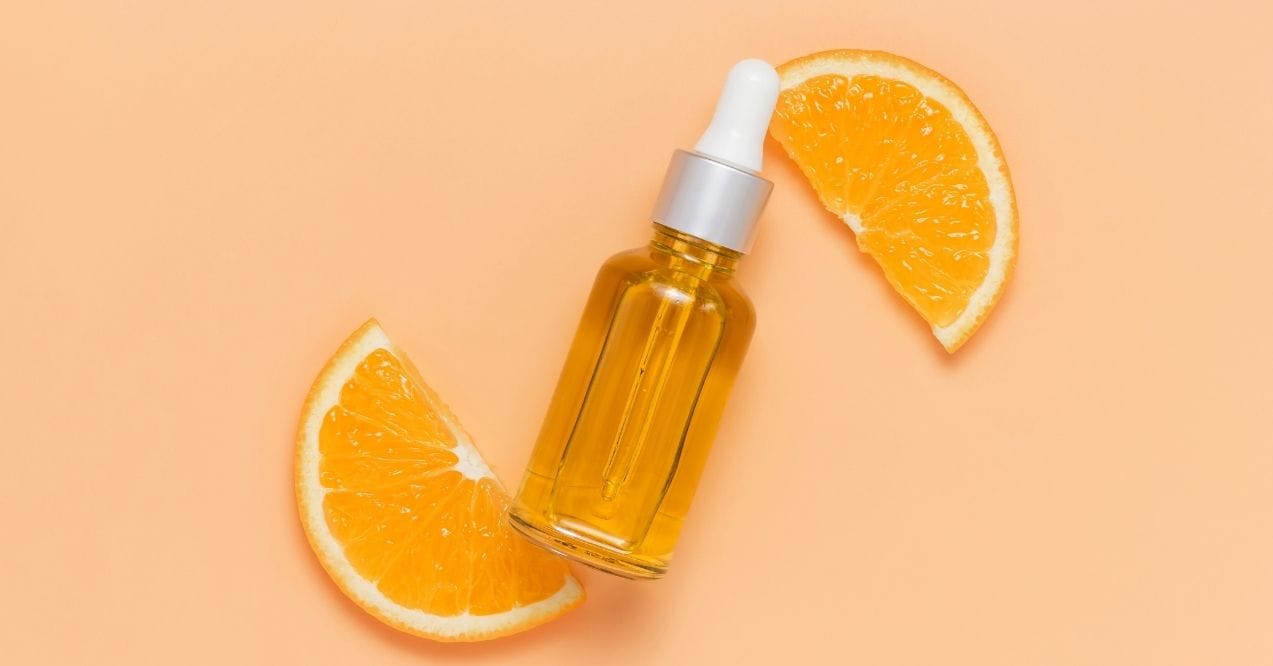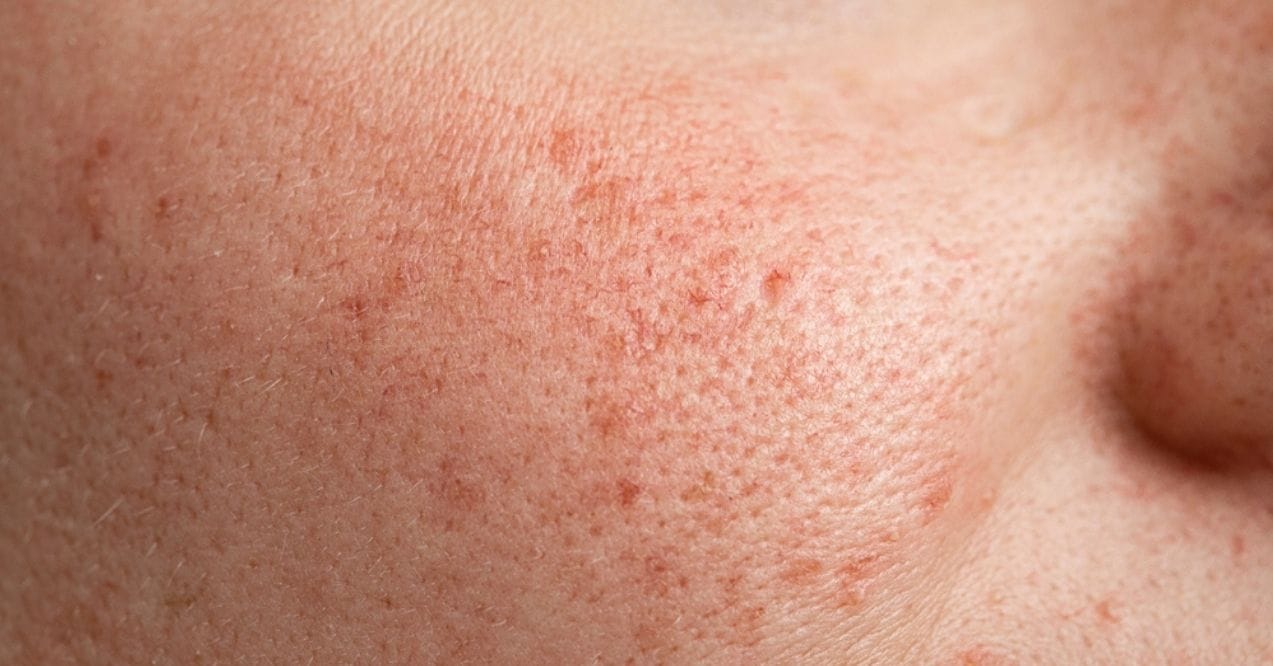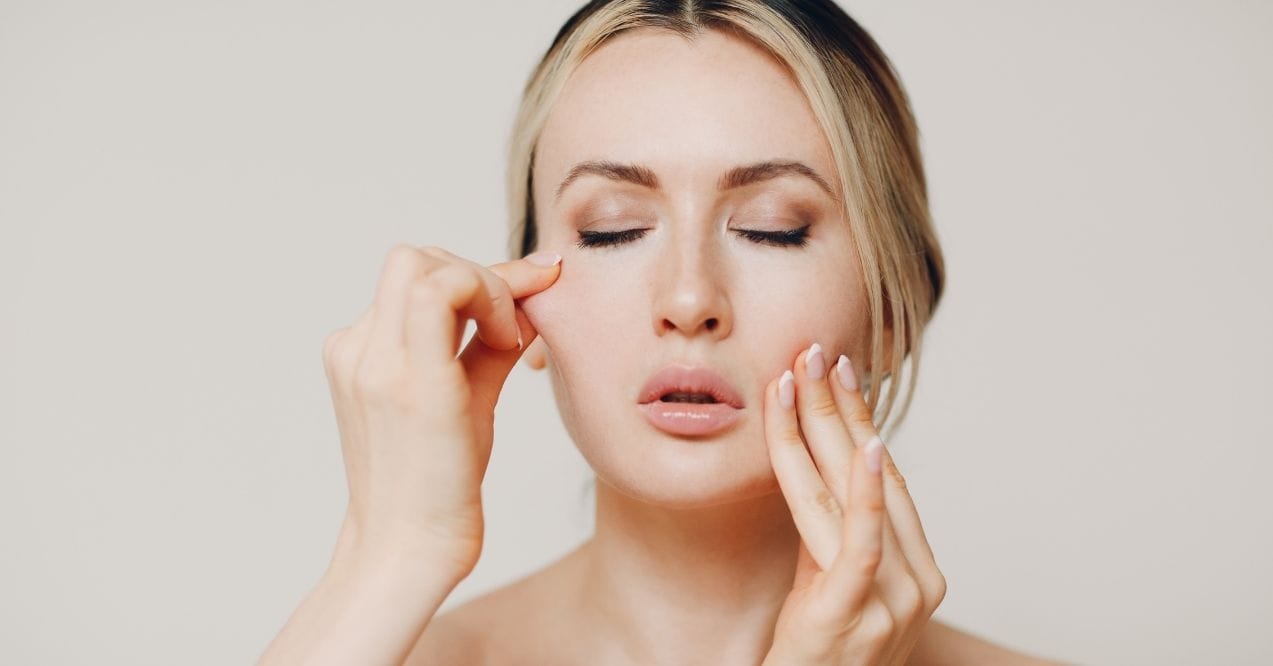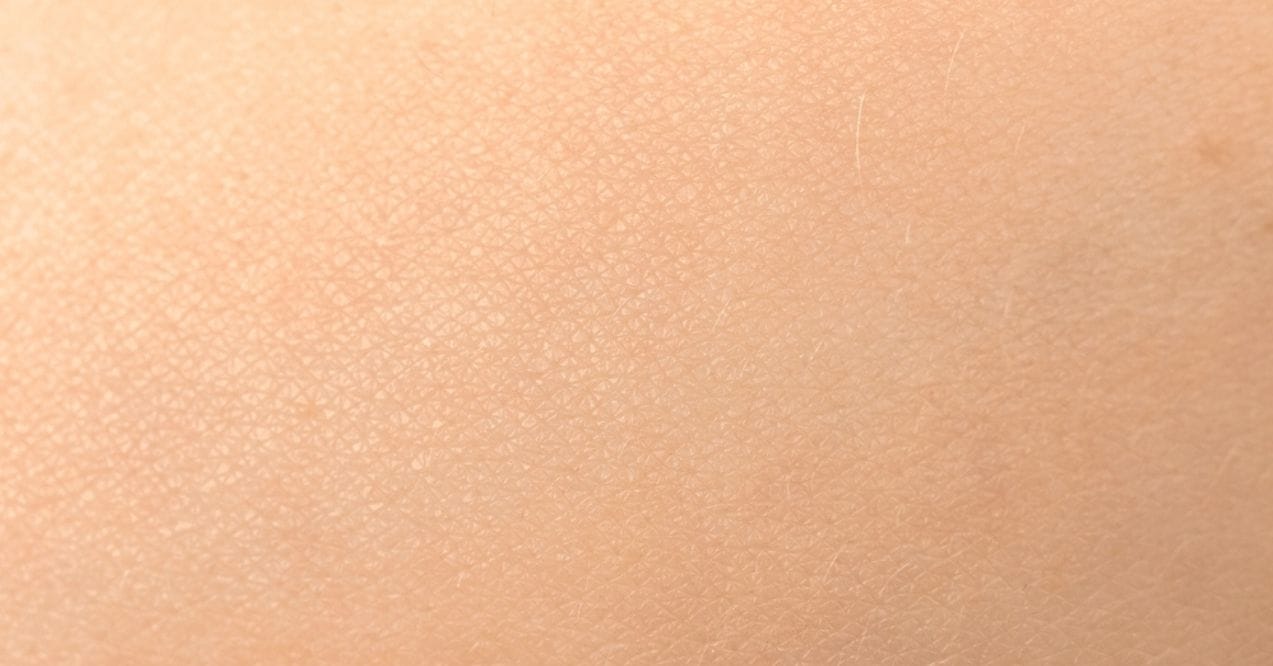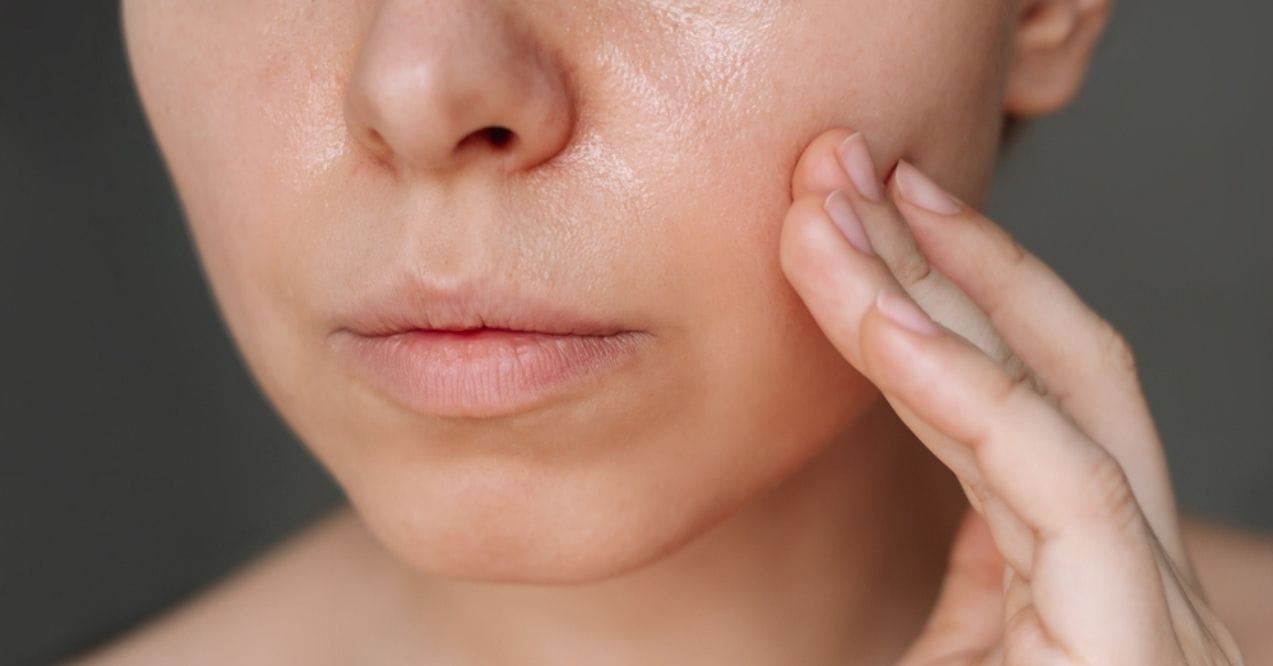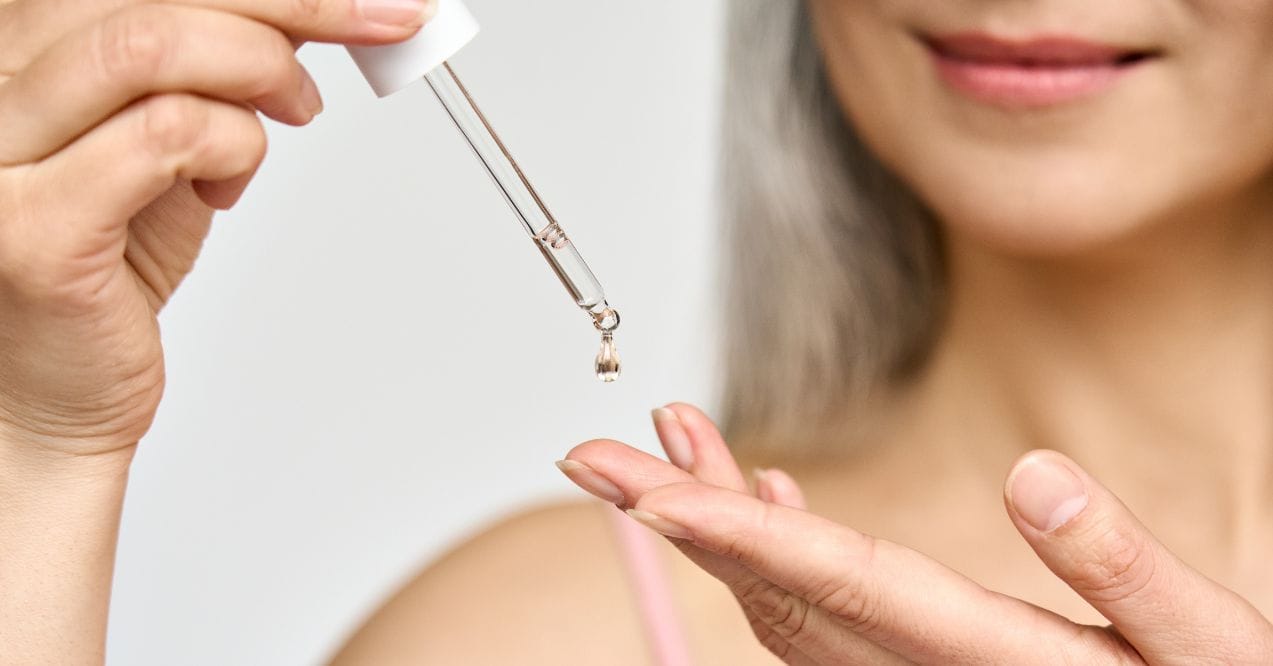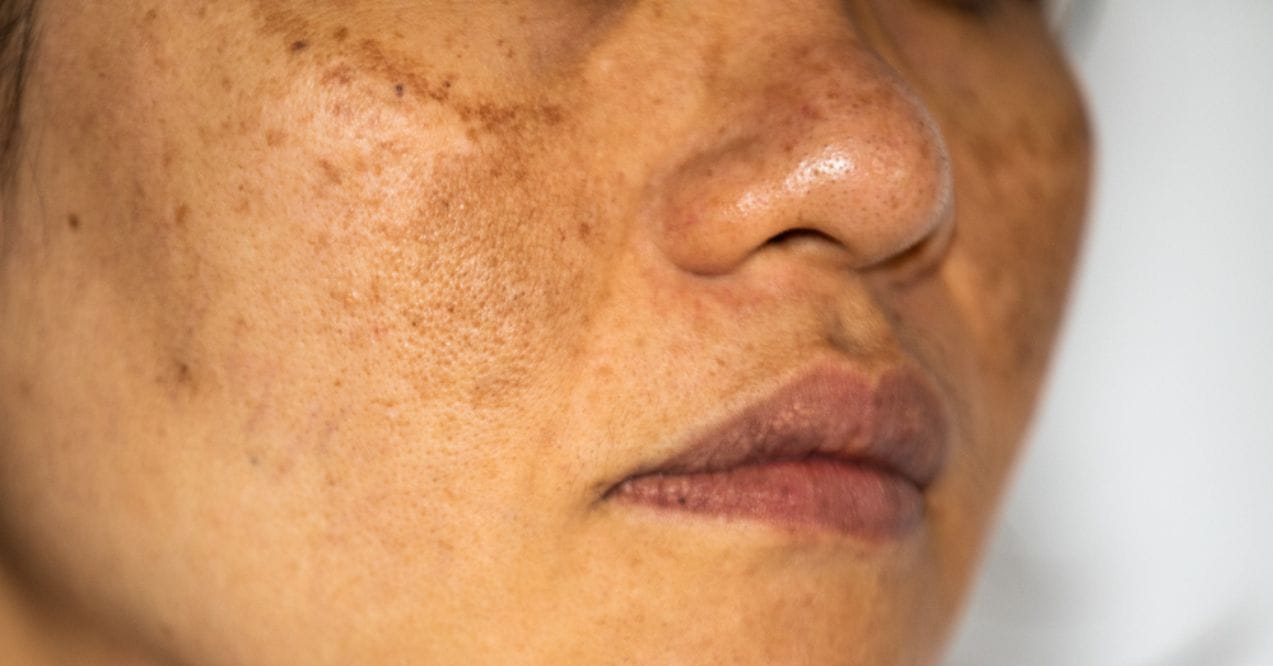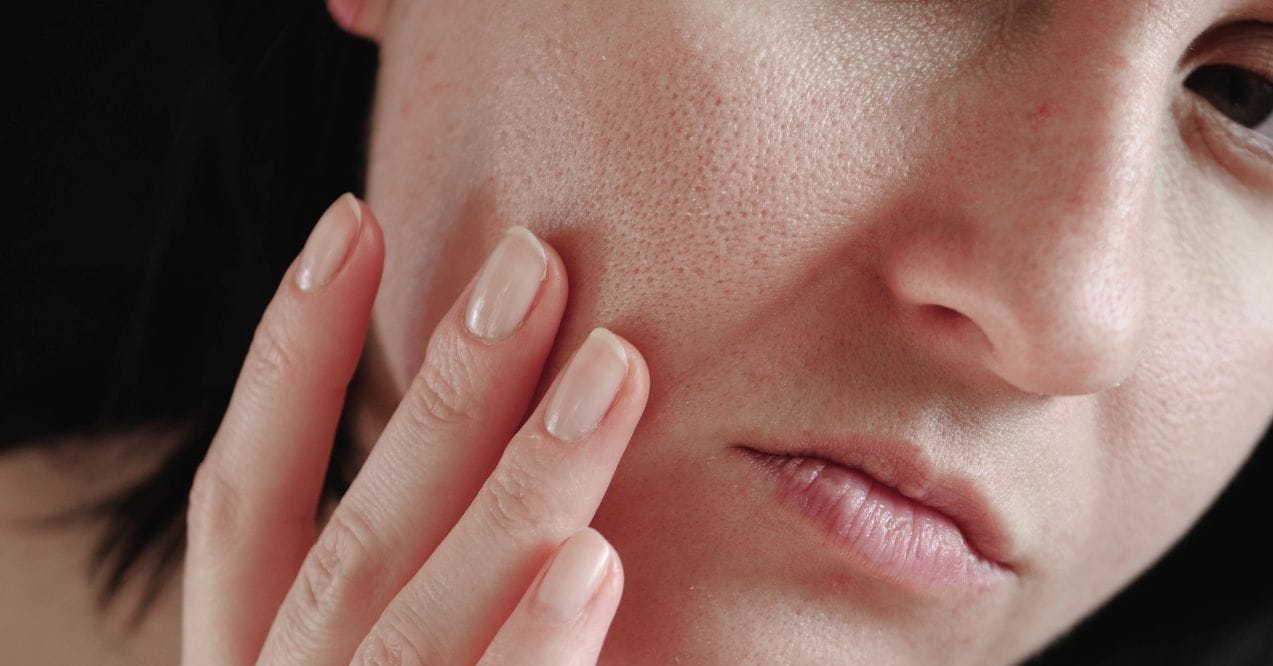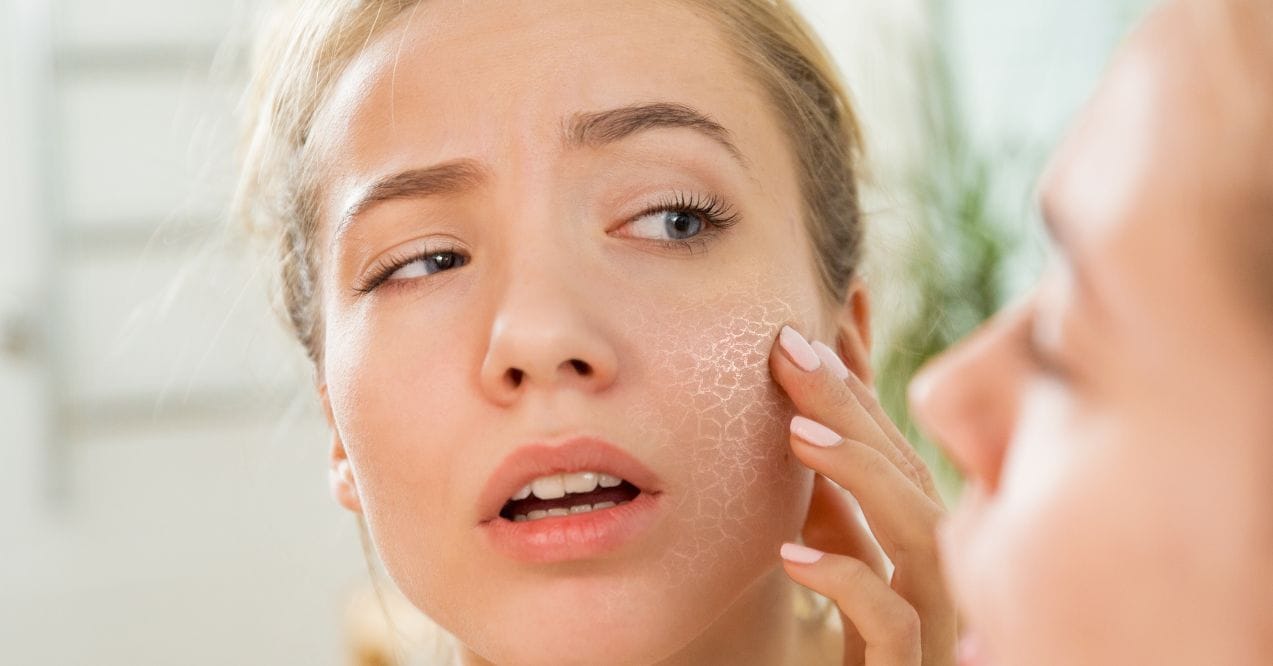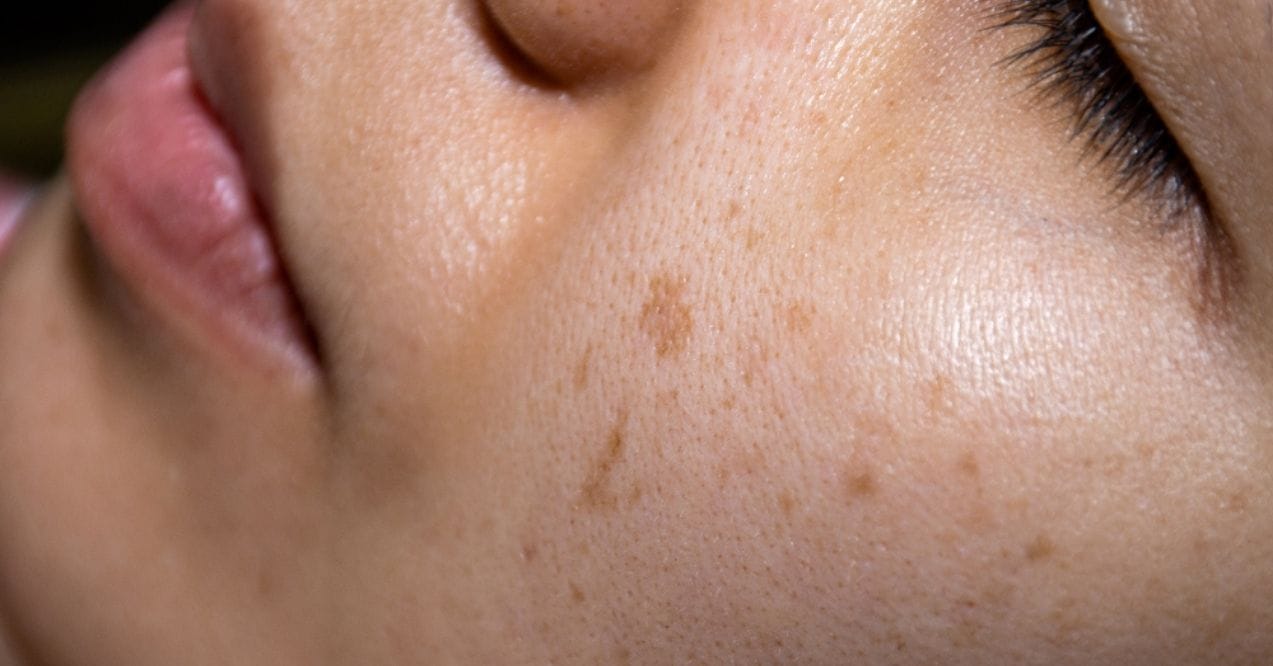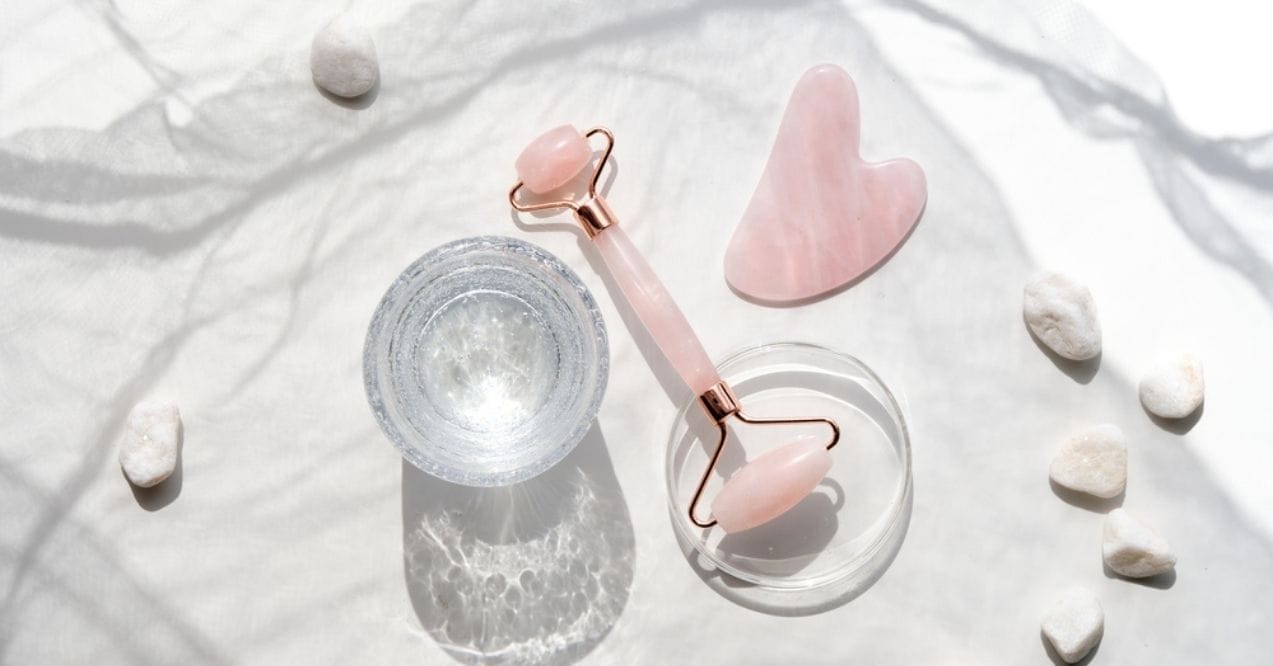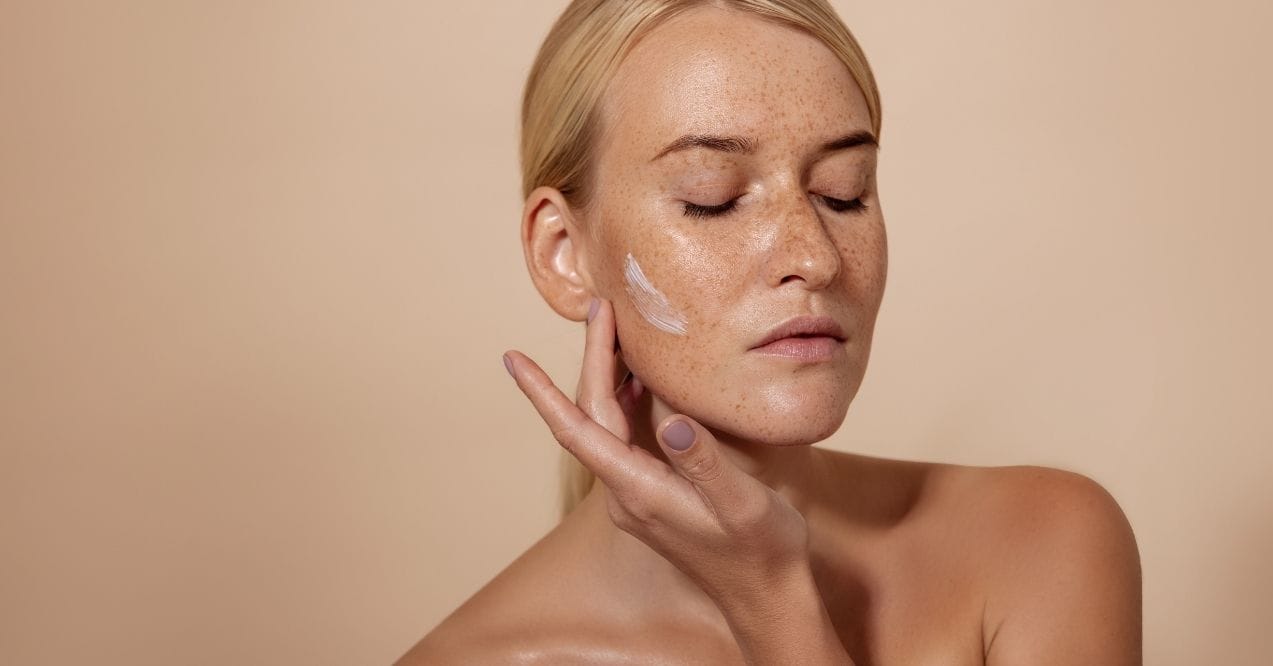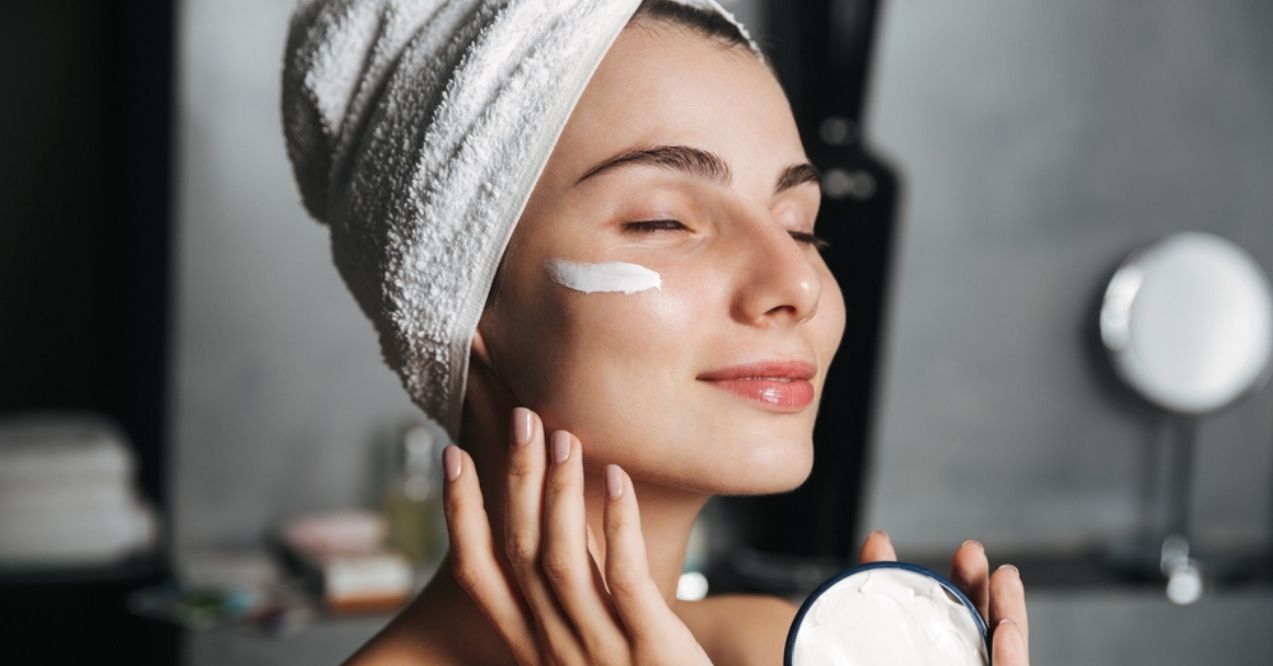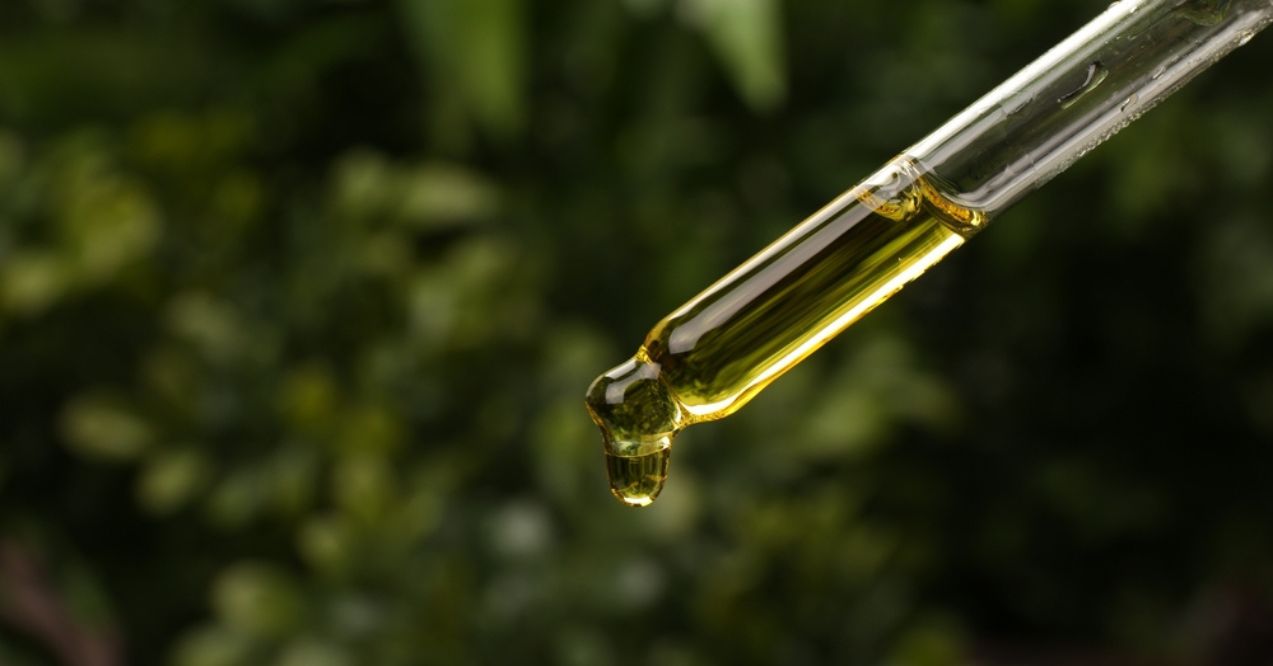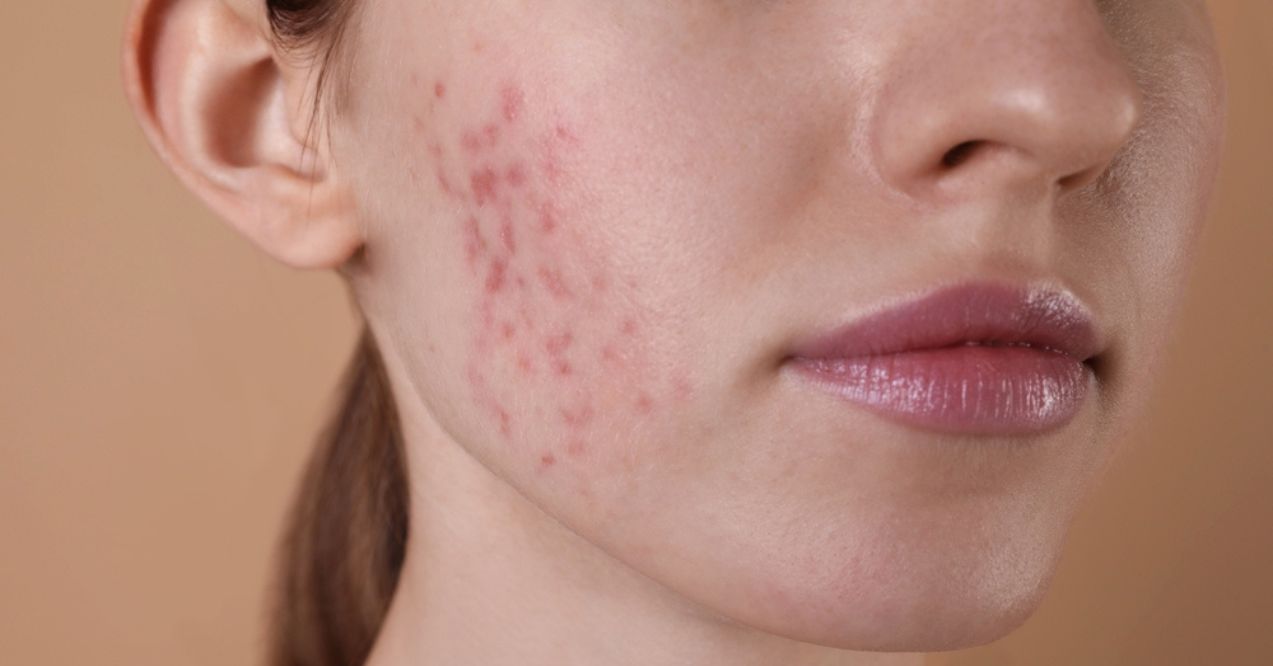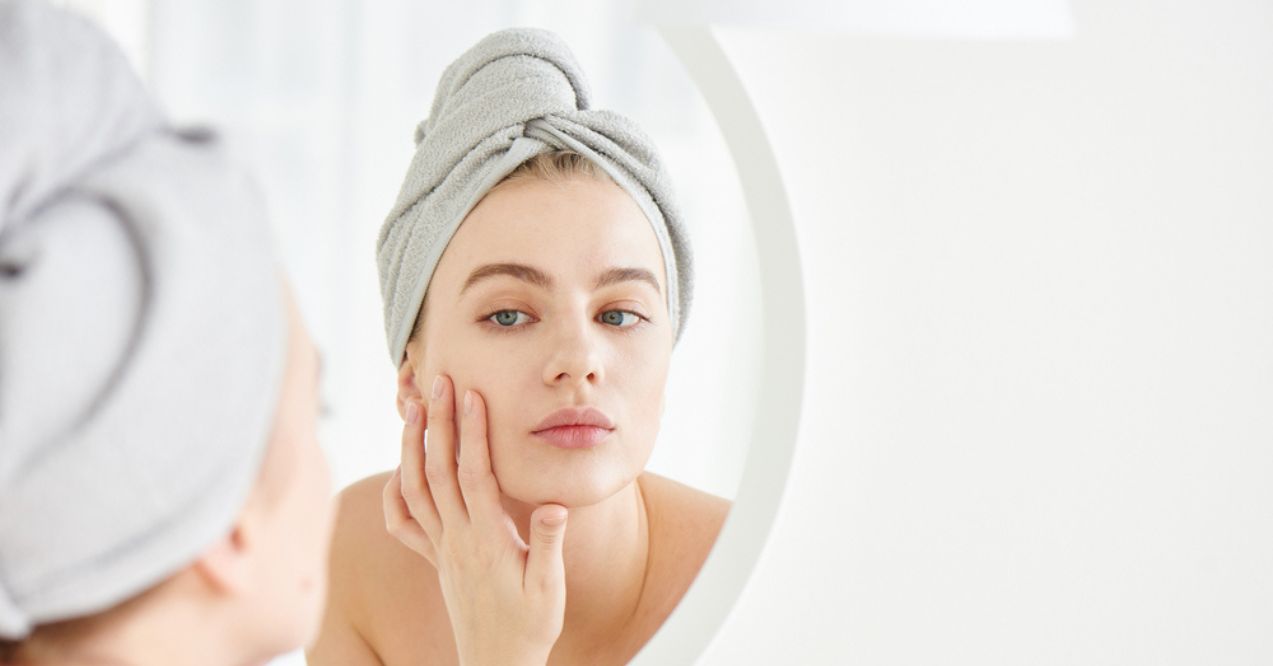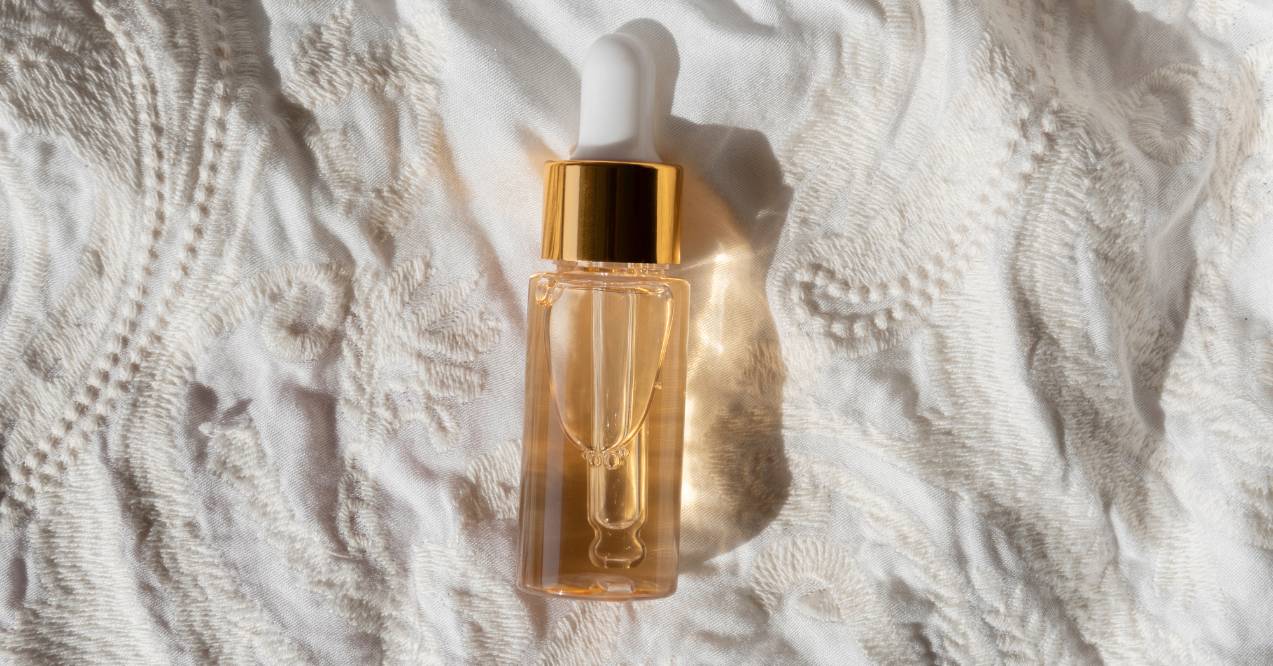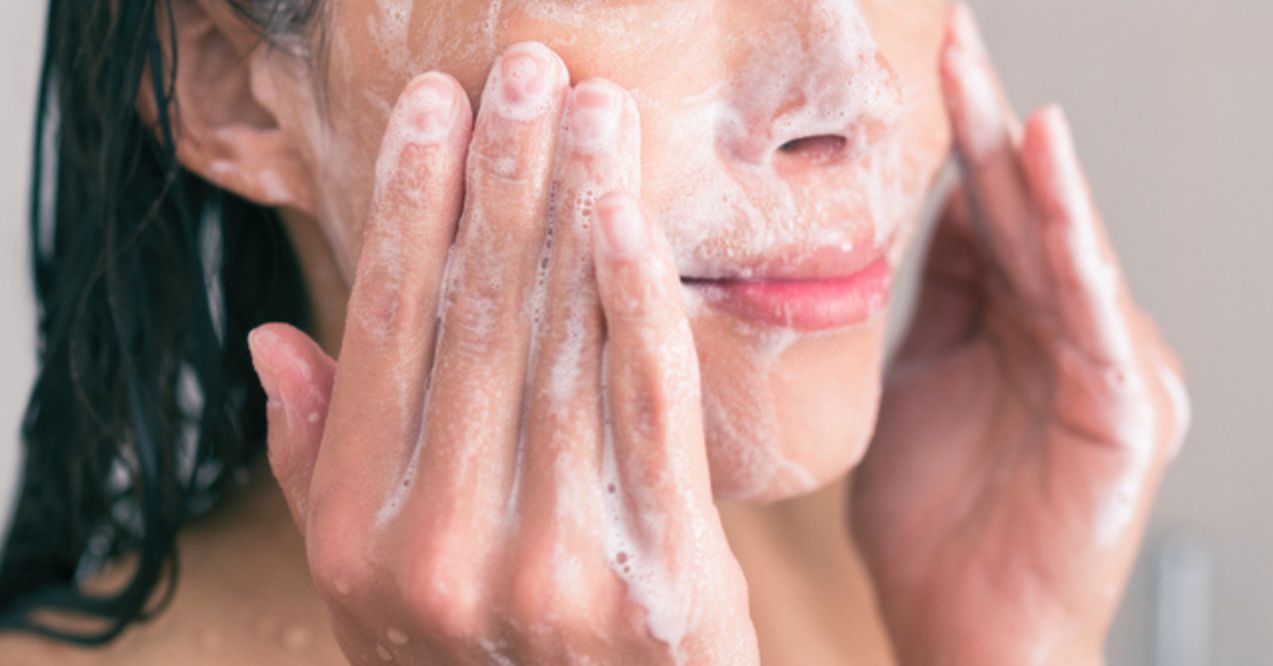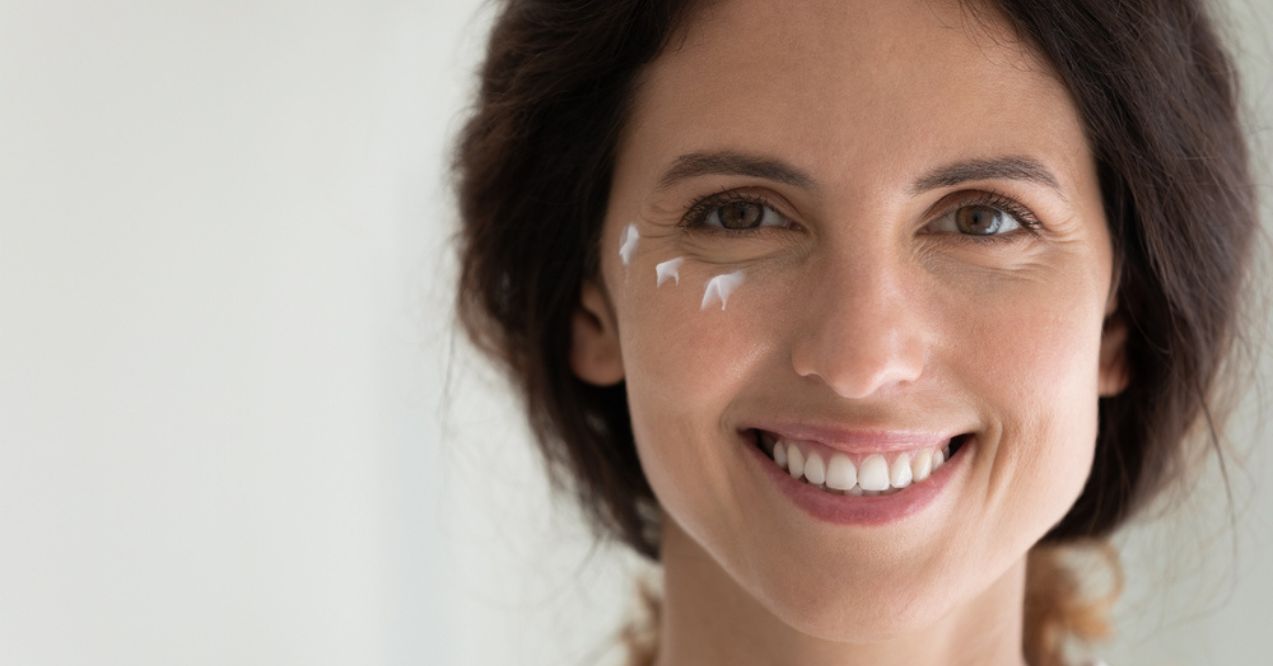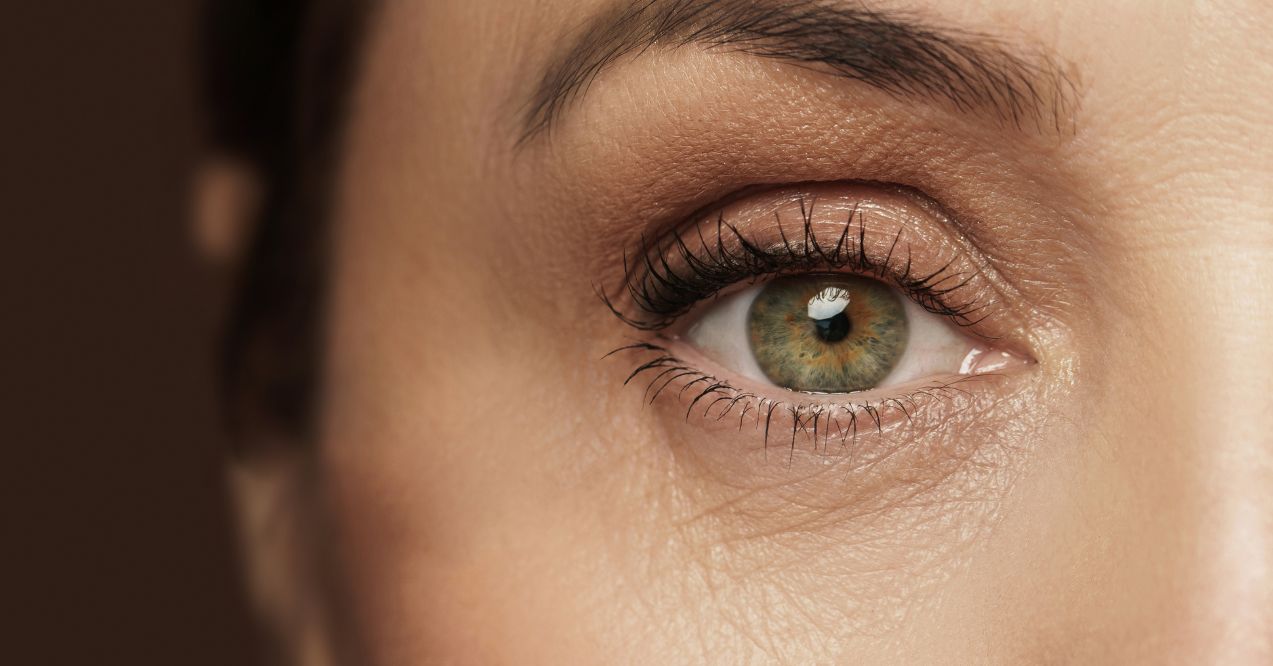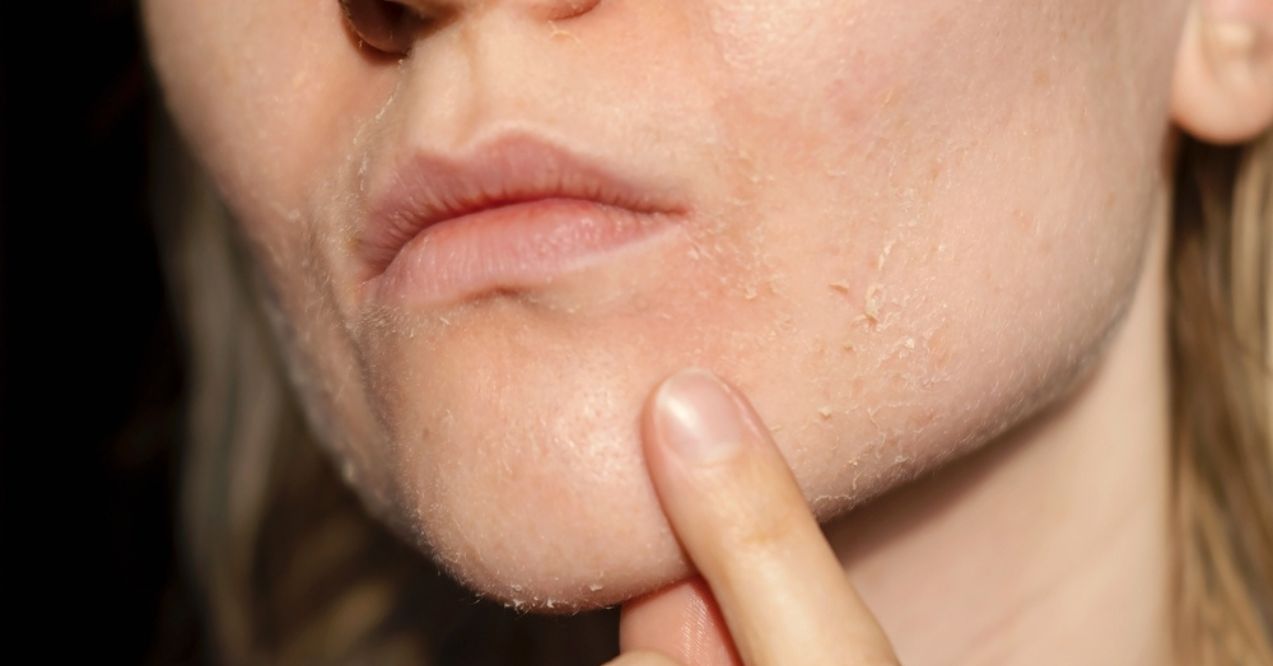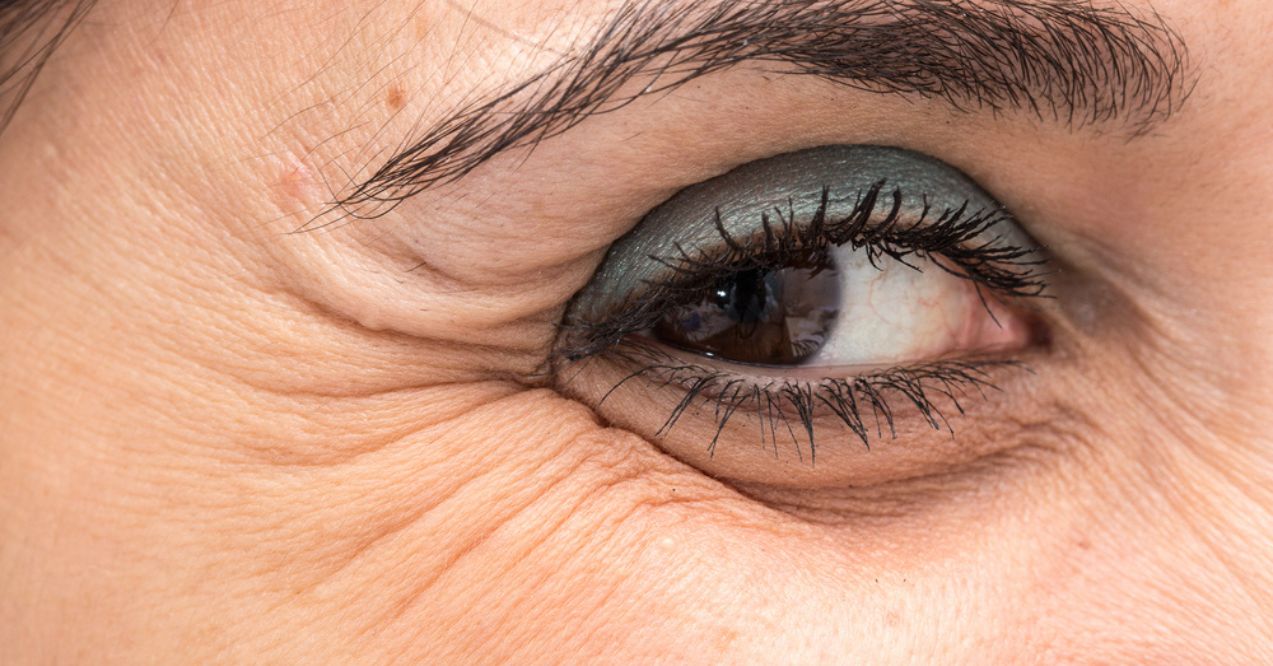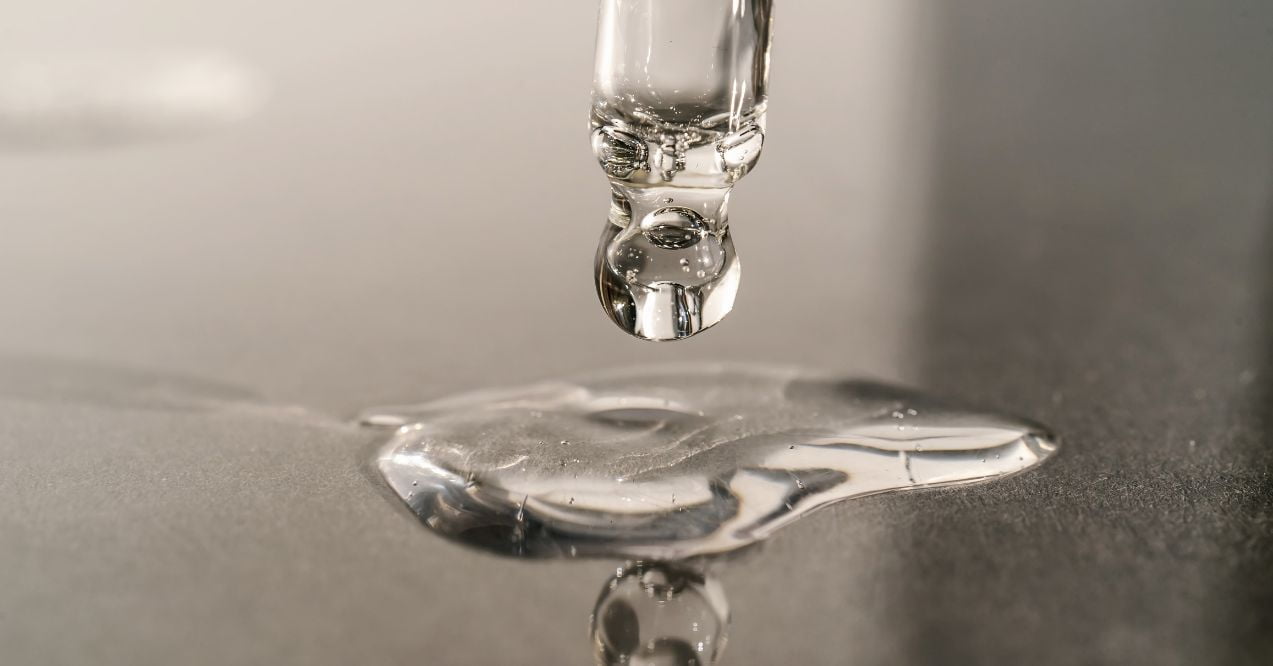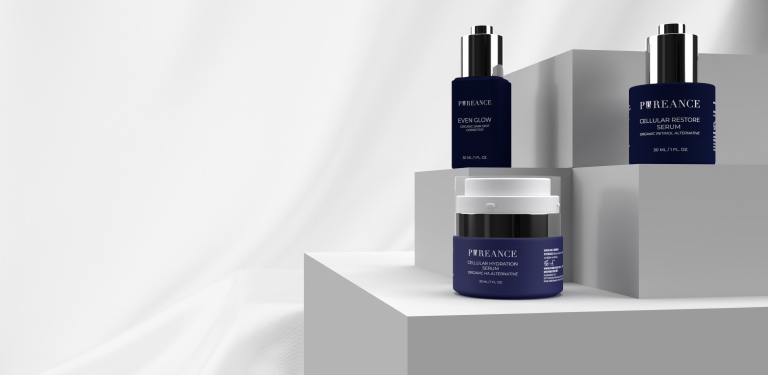


How to Tell if Skin Barrier Is Damaged: Top Warning Signs
Understanding how to tell if skin barrier is damaged is essential for maintaining healthy and resilient skin. The skin barrier serves as a crucial shield against external irritants and plays a significant role in retaining moisture. When this barrier is compromised, it can lead to increased sensitivity and a host of chronic skin issues. Recognizing the signs of a damaged skin barrier early can help you take steps to support and revitalize your skin, promoting its natural glow and maintaining its moisture balance. In this blog, we’ll explore the top warning signs that indicate your skin barrier might be damaged and what you can do to alleviate the associated discomfort.
Key Article Findings
- Persistent dryness, redness, and sensitivity to weather changes are common signs of a damaged skin barrier.
- Sudden allergic reactions to familiar products and increased fine lines may indicate a compromised barrier.
- Protecting and repairing your skin barrier requires gentle skincare, hydrating products, and avoiding harsh irritants.
- Recognizing these warning signs early can help prevent long-term skin issues and maintain a healthy complexion.
1. Chronic Dehydration Despite Moisturizing
One of the most telling signs of how to tell if skin barrier is damaged is chronic dehydration, even when you’re regularly moisturizing. A compromised barrier can’t retain moisture effectively, leading to rapid water loss and a tight, parched feeling. To address this, use intensive hydrating treatments like hyaluronic acid serums or barrier repair creams. These products restore the lipid layer, enhancing the skin’s ability to retain moisture and alleviating persistent dryness. Recovery times can vary, but with the right care, the skin barrier gradually strengthens, helping it regain its natural resilience.
2. Persistent Redness and Flushing
Another key indicator of how to know if your skin barrier is damaged is persistent redness and flushing. This chronic redness often appears in areas most exposed to the elements, such as the cheeks and nose. It can be a sign of inflammation caused by a weakened barrier that is no longer effectively protecting against irritants. To identify this redness, look for skin that remains inflamed even after calming treatments. Using products with soothing ingredients like niacinamide and avoiding harsh exfoliants can help reduce redness and support barrier repair.
3. Sensitivity to Temperature Changes
A damaged skin barrier can cause increased sensitivity to temperature changes. If your skin feels tight and uncomfortable when exposed to wind or other weather changes, this indicates barrier issues. The compromised barrier fails to protect against environmental stressors. To mitigate these reactions, wear protective clothing and use barrier-strengthening products with ceramides and fatty acids.
4. Sudden Allergic Reactions to Products
Sudden allergic reactions to products you’ve used before without issues can also indicate barrier damage. When the skin barrier is compromised, it becomes more permeable, allowing allergens and irritants to penetrate more easily. To manage this, it’s crucial to patch-test new products and opt for formulations designed for sensitive skin. Switching to gentle, fragrance-free products can minimize irritation and help support the barrier’s recovery.
5. Fine Lines and Wrinkles Developing Quickly
If you’re noticing fine lines and wrinkles developing more quickly than expected, this could be a sign of barrier damage. A compromised skin barrier fails to protect against environmental aggressors, leading to accelerated aging. The science behind this involves increased transepidermal water loss and decreased collagen production. To counteract this, focus on using products that stimulate the skin surface renewal and support elasticity, such as those containing peptides and antioxidants.
6. Uneven Skin Tone and Hyperpigmentation
Barrier damage can lead to uneven skin tone and hyperpigmentation. When the barrier is weak, melanin distribution becomes uneven, causing blotchy skin and dark spots. Daily sunscreen use is essential, as UV exposure worsens hyperpigmentation. Products with vitamin C and niacinamide can improve skin tone and reduce dark spots. Recognizing these signs helps you take steps to restore and maintain healthy skin.
7. Increased Sensitivity to UV Radiation
A weakened skin barrier can make your skin more susceptible to UV radiation, increasing the risk of sunburns. If you find yourself burning more easily than before, this is a clear sign of barrier compromise. How do I know if my skin barrier is damaged? Increased UV sensitivity is one of the key indicators. To protect your skin, use a broad-spectrum sunscreen with at least SPF 30 daily. Look for sunscreens with added antioxidants to provide extra defense against environmental stressors. Reapply every two hours and after swimming or sweating to ensure continuous protection.
8. Persistent Itchiness and Discomfort
Persistent itchiness is a common symptom of a compromised skin barrier. This discomfort is often due to the skin’s inability to retain moisture and protect against irritants. The underlying causes include dryness and inflammation. To alleviate this, use fragrance-free, hydrating lotions or creams that contain soothing ingredients like colloidal oatmeal or aloe vera. Establishing a routine that includes gentle cleansing and regular moisturizing can help reduce itchiness and promote a more comfortable skin feeling.
9. Rough and Scaly Patches
Rough and scaly patches are typical damaged skin barrier signs. These patches occur when the skin loses its ability to shed dead cells properly and retain moisture. Gentle exfoliation techniques, such as using a soft washcloth or mild chemical exfoliants like lactic acid, can help manage this condition. Follow up with rich moisturizers containing ceramides and hyaluronic acid to restore hydration and smoothness to the skin.
10. Visible Cracks and Fissures
In severe cases, a damaged skin barrier can lead to visible cracks and fissures, particularly in areas that experience frequent movement, such as hands and feet. These cracks can be painful and increase the risk of bacterial irritations. Intensive repair treatments, like thick ointments and barrier repair creams containing petrolatum or lanolin, can help. Apply these products generously and consider using occlusive dressings or gloves to enhance absorption and healing. Recognizing these signs early and taking proactive measures is essential for skin barrier health.
11. Frequent Bacterial Outbreaks or Breakouts
A damaged skin barrier can lead to more frequent outbreaks and breakouts. When the barrier is compromised, it becomes less effective at blocking bacteria and pathogens, leading to increased acne and bacterial outbreaks. To manage this, maintain a gentle skincare routine. Use non-comedogenic products and avoid harsh cleansers. Incorporate ingredients like niacinamide and zinc to regulate oil production and strengthen the skin’s barrier.
12. Thinning Skin Texture
Thinning skin is another sign of a compromised barrier. This includes increased visibility of veins and underlying structures, making the skin appear more translucent. To combat this, use treatments that encourage collagen production, such as products with peptides, retinoids, and growth factors. A healthy diet rich in vitamins and minerals also supports skin health and resilience.
13. Difficulty in Healing Wounds
A damaged barrier impairs the skin’s natural healing process, leading to longer recovery times for minor wounds. This can result in prolonged healing and increased scarring. To support healing, keep the affected area clean and moisturized. Use products with soothing and reparative ingredients like aloe vera and hyaluronic acid. Protect the wound with a sterile bandage to prevent further irritation.
14. Burning Sensation with Skincare Products
One of the clear signs of a damaged skin barrier is experiencing a burning or stinging sensation when applying skincare products This heightened sensitivity occurs because the compromised barrier allows irritants to penetrate more deeply. To manage this, switch to products formulated for sensitive skin, free of fragrances and alcohol. Focus on barrier repair strategies with gentle hydrating ingredients like ceramides and glycerin to rebuild the skin’s protective layer and reduce sensitivity.
Conclusion
Understanding how to tell if your skin barrier is damaged is crucial for maintaining healthy skin. Signs like persistent dryness, redness, and sudden sensitivity to products can indicate a compromised barrier. By incorporating gentle skincare and hydrating, barrier-repairing products, you can restore your skin’s natural defenses. Early recognition and care are key to preventing further damage and ensuring your skin stays healthy and resilient.
Yes, a damaged skin barrier can heal on its own with proper care. Using gentle, hydrating products and avoiding irritants can support the natural repair process, helping to restore the barrier over time.
Look for ingredients like ceramides, hyaluronic acid, glycerin, fatty acids, and niacinamide in barrier-repairing products. These ingredients help to hydrate, strengthen, and restore the skin’s natural protective barrier.
Yes, diet can affect your skin barrier. Consuming foods rich in vitamins, antioxidants, omega-3 fatty acids, and hydration can support skin health and strengthen the barrier, while a poor diet can impair its function and resilience.
Consulting a dermatologist is advisable if you suspect your skin barrier is damaged. They can provide professional guidance, recommend suitable treatments, and help identify underlying causes to effectively restore and maintain your skin’s health.
This site offers health, wellness, fitness and nutritional information and is designed for educational purposes only. You should not rely on this information as a substitute for, nor does it replace, professional medical advice, diagnosis, or treatment. If you have any concerns or questions about your health, you should always consult with a physician or other health-care professional. Do not disregard, avoid or delay obtaining medical or health related advice from your health-care professional because of something you may have read on this site. The use of any information provided on this site is solely at your own risk.
Nothing stated or posted on this site or available through any services are intended to be, and must not be taken to be, the practice of medical or counseling care. For purposes of this agreement, the practice of medicine and counseling includes, without limitation, psychiatry, psychology, psychotherapy, or providing health care treatment, instructions, diagnosis, prognosis or advice.
